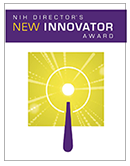2014 Awardees
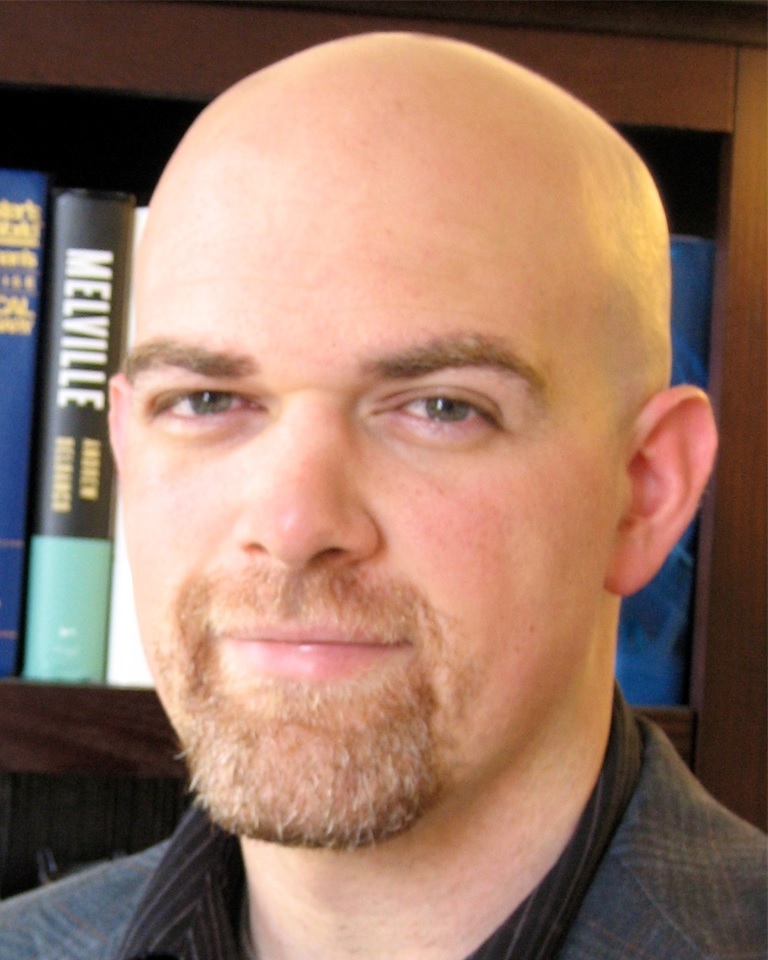
Adam R. Abate, Ph.D.
University of California, San Francisco
Project Title: Microfluidic Immunoprofiling for Biomarker Discovery in Rheumatoid Arthritis
Grant ID: DP2-AR068129
Adam R. Abate graduated from Harvard College in 2002, with an A. B. in Physics. He received his Ph.D. in Physics at the University of Pennsylvania in 2006, studying soft materials and driven non-equilibrium granular systems with Douglas Durian. He returned to Harvard for a postdoc in Physics in the lab of David Weitz, working on a variety of projects in soft matter physics, chemical and microparticle synthesis, and biological applications of microfluidics. While a postdoc, he developed a droplet-based microfluidic sequencer that became the foundation for the sequencing company GnuBIO. He also has a company, Mission Bio, commercializing PCR-Activated Cell Sorting (PACS), a technology developed in his lab. He is an Assistant Professor at the University of California, San Francisco in the Department of Bioengineering and Therapeutic Sciences in the Schools of Medicine and Pharmacy and the California Institute for Quantitative Biosciences (QB3) and is part of the joint Berkeley-UCSF bioengineering graduate program, PSPG, and iPQB. He was Awarded the NSF CAREER Award in 2013, and the NIH New Innovator Award in 2014. His research interests are to apply droplet-based microfluidics and NGS for ultrahigh-throughput single cell biology.
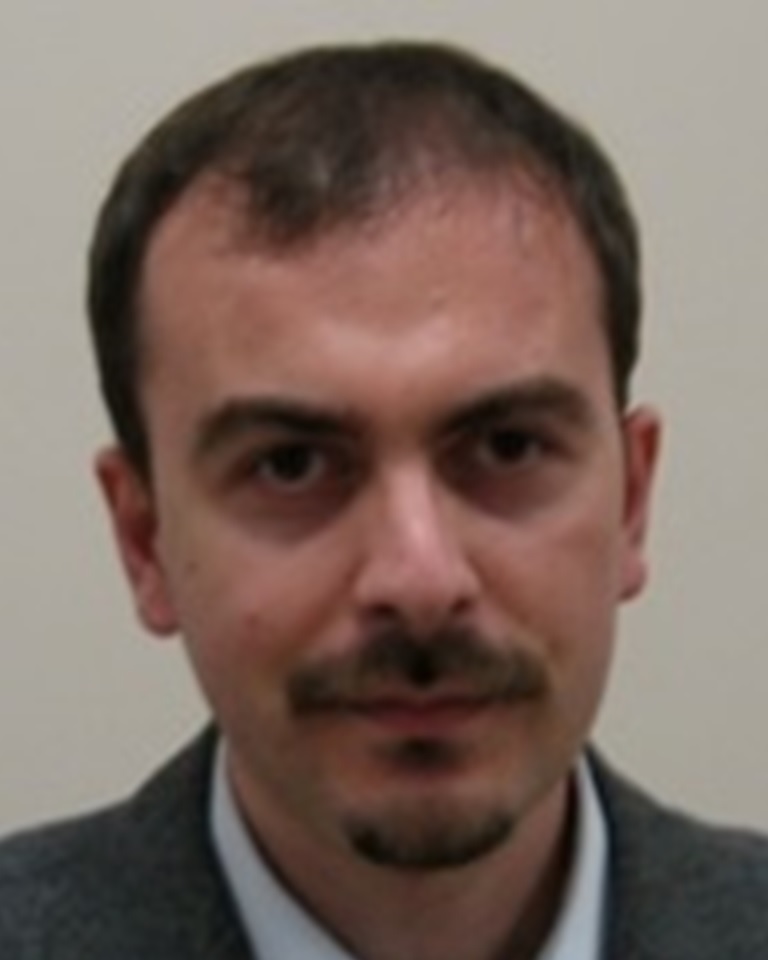
Murat Acar, Ph.D.
Yale University
Project Title: Quantitative Real-Time Characterization of Single-Cell Aging: From Phenotypes to Lifespan
Grant ID: DP2-AG050461
Murat Acar received his B.S. degree in Physics from Bogazici University in 2000, and his Ph.D. degree in Physics from MIT in 2007. As a graduate student working with Alexander van Oudenaarden at MIT, he studied feedback regulation and genetic noise in gene networks. After his doctoral studies, Murat moved to CalTech as a CBCD Fellow and completed his postdoctoral studies in Frances Arnold's laboratory. Using baker’s yeast as an model organism, he studied dosage compensation in genetic circuits. Murat joined Yale's Department of Molecular, Cellular & Developmental Biology as an Assistant Professor in 2012; he is also a faculty member at the Yale Physics Department and a core member of the Yale Systems Biology Institute. Among the awards and honors Murat has received are a 2014 New Innovator Award by the NIH and a 2013 New Scholar in Aging Award by the Ellison Medical Foundation.
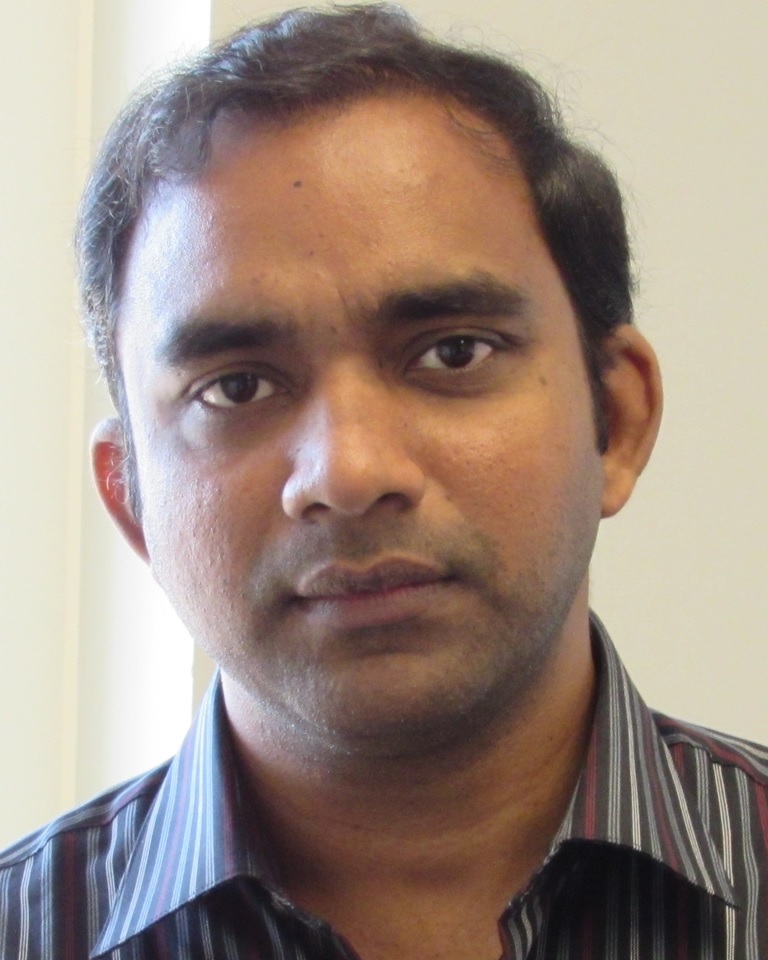
Satyanarayana Ande, Ph.D.
Georgia Regents University Cancer Center
Project Title: A Multifaceted Approach to Target Obesity
Grant ID: DP2-DK105565
Satyanarayana Ande obtained his Master’s degree (MSc) from Nagarjuna University, India. He earned his Ph.D. from the Department of Gastroenterology and Hepatology at the Hannover Medical School, Germany where he investigated the role of telomerase and telomere dysfunction in liver regeneration and liver tumorigenesis. Later, he performed his postdoctoral studies in the fields of liver cancer and obesity at the National Cancer Institute-Frederick (NCI/NIH). In 2013, he received NCI career transition (K22) award and obtained independent research position at the Georgia Regents University. Dr. Ande is an Assistant Professor in the Georgia Regents University Cancer Center and his laboratory research mainly focuses on obesity, liver cancer and cancer metabolism studies.
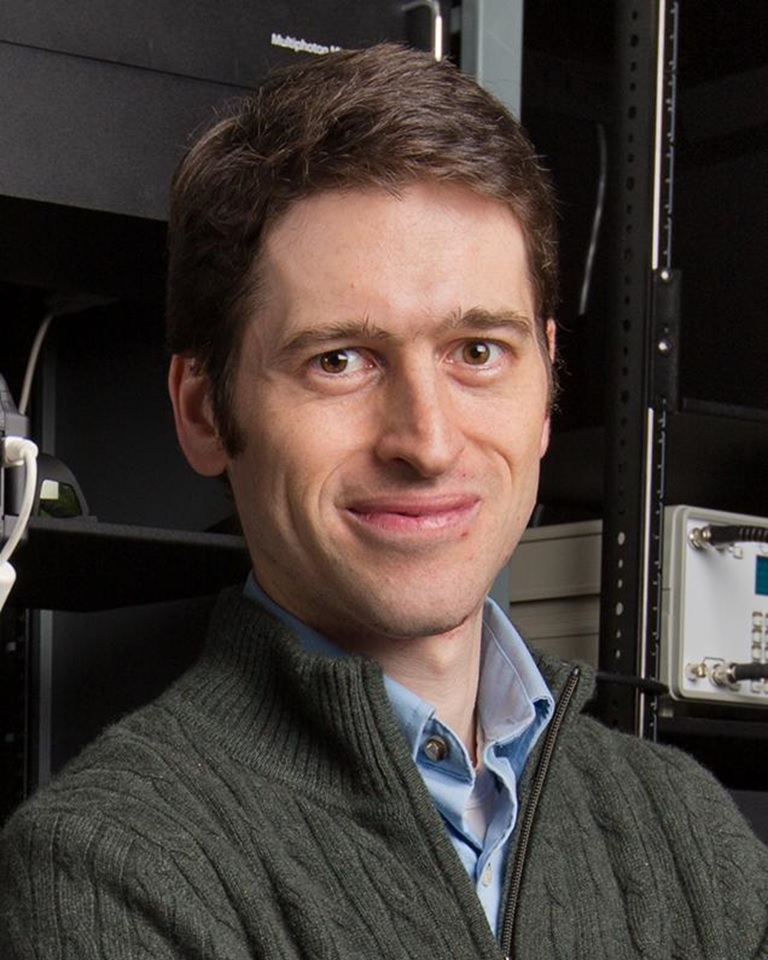
Mark L. Andermann, Ph.D.
Beth Israel Deaconess Medical Center
Project Title: Multiphoton Imaging of Thoughts of Food During Natural and Induced Hunger States
Grant ID: DP2-DK105570
Mark Andermann, Ph.D., is a researcher in the Division of Endocrinology, Diabetes, and Metabolism at Beth Israel Deaconess Medical Center. He is also a faculty member of the Harvard Program in Neuroscience and an assistant professor of medicine at Harvard Medical School (HMS). Dr. Andermann graduated from McGill University in 1999 with a joint honors degree in mathematics and physics, and received his Ph.D. in biophysics and neuroscience in 2005 from Harvard University, where he began to investigate the brain mechanisms underlying tactile sensory perception in rats. He completed a one-year postdoctoral fellowship at the Helsinki University of Technology, where he designed a novel sensory brain-computer interface for use in humans. Dr. Andermann then went on to complete his postdoctoral training at HMS in the laboratory of Clay Reid, Ph.D., where he developed a mouse model for studying visual perception in which neural activity in the same brain cells can be recorded for many months in behaving mice. Dr. Andermann’s lab uses leading-edge brain imaging techniques to study the brain networks guiding hunger-dependent attention to food cues—a key first step toward developing cognitive therapies for obesity, binge eating, and other eating disorders.
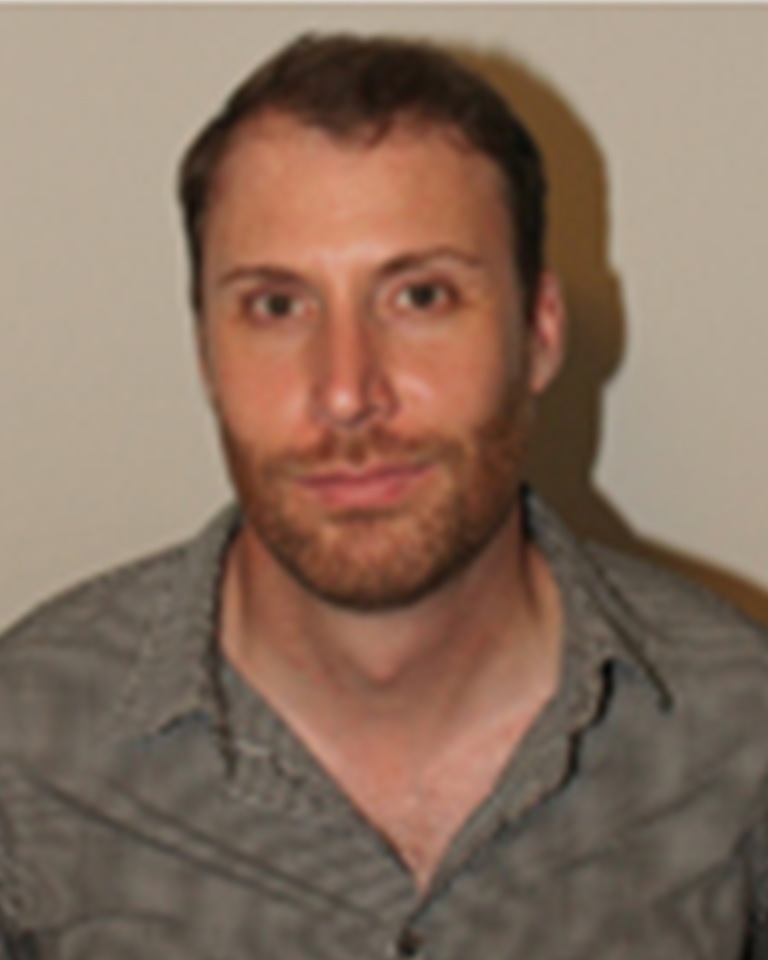
Robert Anthony, Ph.D.
Harvard Medical School
Project Title: Glycoengineering In Vivo
Grant ID: DP2-AR068272
Robert Anthony is an Assistant Professor at Harvard Medical School, Assistant Immunologist at Massachusetts General Hospital, and Principle Investigator at the Center for Immunology and Inflammatory Diseases. Robert’s laboratory examines the role and regulation of immunoglobulin glycosylation in autoimmune and allergic diseases, and was established in 2012. Robert received a B.A. in biology from Franklin and Marshall College, Ph.D. in molecular and cell biology at USUHS under the supervision of Bill Gause and Joe Urban, and conducted his postdoctoral research with Jeffrey Ravetch at the Rockefeller University (New York, NY).
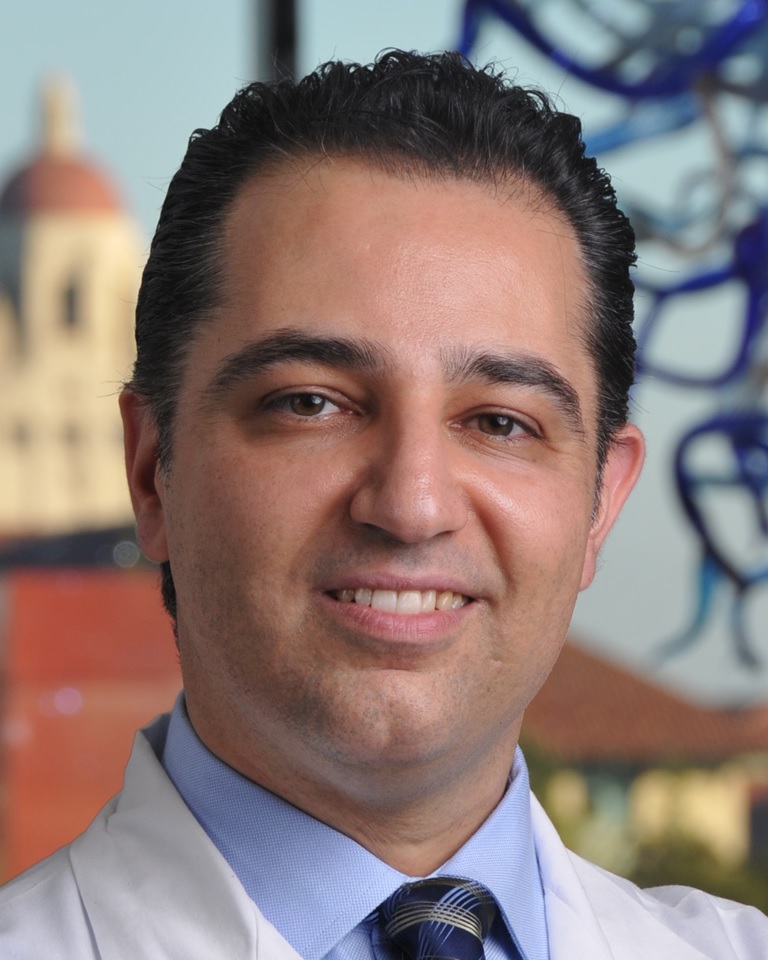
Reza Ardehali, Ph.D.
University of California Los Angeles
Project Title: Exploring Heterogeneity of Cardiac Fibroblasts to Reverse Fibrosis
Grant ID: DP2-HL127728
Reza Ardehali received his Ph.D. in Bioengineering. After finishing medical school, he completed his Internal Medicine residency at Johns Hopkins, followed by cardiology training at Stanford. He joined UCLA as an assistant professor in 2012. His research focuses on mechanisms of cardiovascular development with an emphasis on the generation of novel regenerative approaches to treat heart disease. His group has identified several fibroblast populations in the heart derived from discrete developmental origin. Using modified RNAs, cardiac fibroblasts can be reprogrammed to cardiomyocyte-like cells following a dose-titratable, temporally-controlled, and stage-specific sequential delivery of key transcription factors involved in cardiomyoycte specification. The ultimate goal of his research is to develop strategies to regenerate the damaged myocardium following an injury.
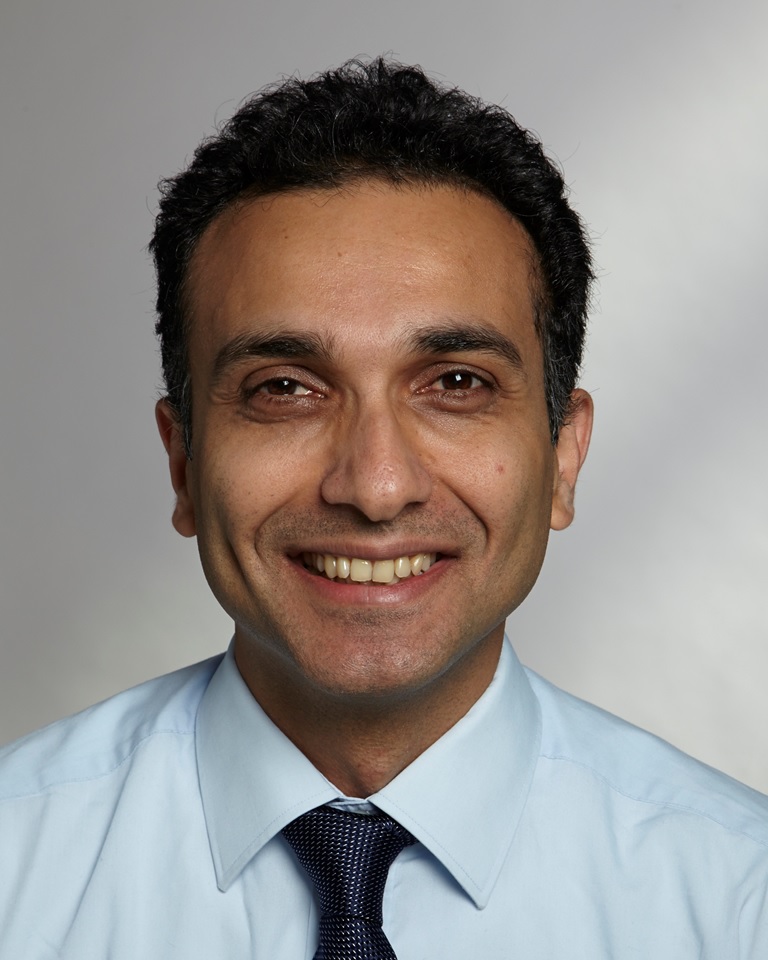
Manish Arora, B.D.S., M.P.H., Ph.D.
Icahn School of Medicine at Mount Sinai
Project Title: Reconstructing Fetal Toxicant Exposure and Homeostatic Disruptions
Grant ID: DP2-ES025453
Manish Arora is an exposure biologist with training in dentistry, nuclear beam methods and analytical chemistry. In 2013, he joined the Icahn School of Medicine at Mount Sinai where he directs the Exposure Biology Lab. He has proposed a ‘biologic hard drive’ approach centered on the analysis of human deciduous and permanent teeth to reconstruct the life history of environmental exposures. This approach is being applied to understand the environmental determinants of a number of priority disorders including, autism spectrum disorders, schizophrenia, and amyotrophic lateral sclerosis.
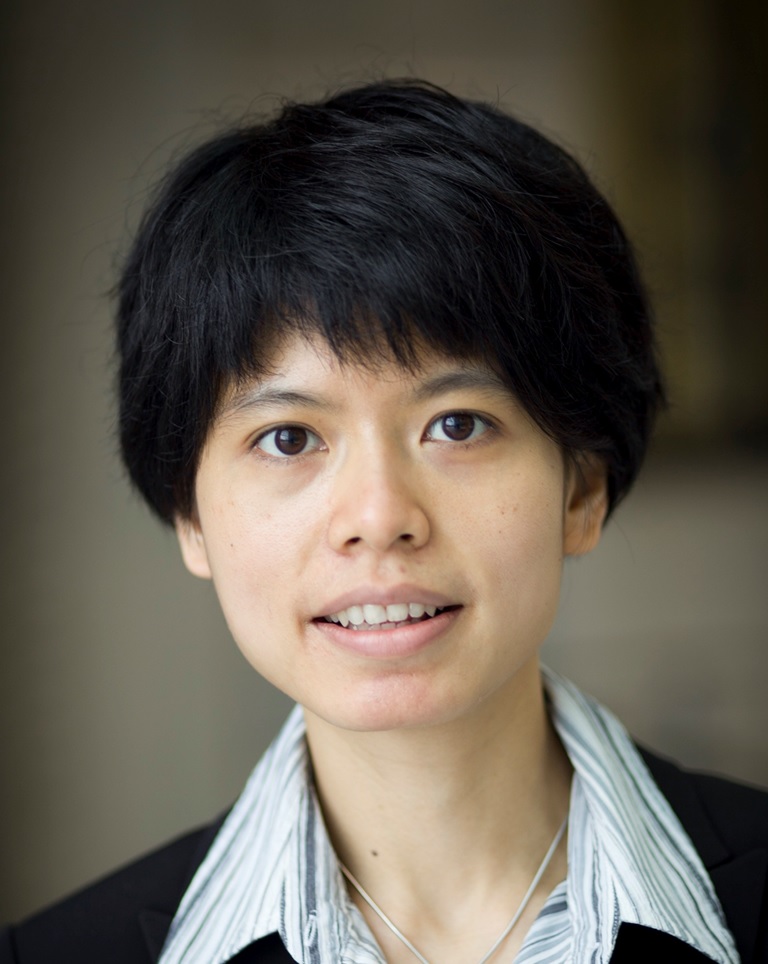
Yimon Aye, Ph.D.
Cornell University
Project Title: Deconvoluting Redox Biology with Targeted Chemistry
Grant ID: DP2-GM114850
Aye received her undergraduate degree in chemistry with 1st-class honors from the University of Oxford, UK (2000-2004). She conducted her final-year thesis research with Professor Stephen G. Davies at Oxford University (2003-2004), and her undergraduate summer research with Professor Stephen L. Buchwald at MIT (2003 summer). Aye subsequently received her graduate training in organic chemistry with Professor David A. Evans at Harvard University (2004-2009). With a firm desire to help solve complex biomedical problems with chemistry and chemical intuition, Aye decided to switch her research focus in chemical sciences and received her postdoctoral training in life sciences as a Damon Runyon Cancer Research Fellow with Professor JoAnne Stubbe at MIT (2009-2012). As of July 2012, Aye is a Milstein assistant professor of Chemical Biology at Cornell University with a secondary appointment at Weill Cornell Medical College as an assistant professor of Biochemistry.
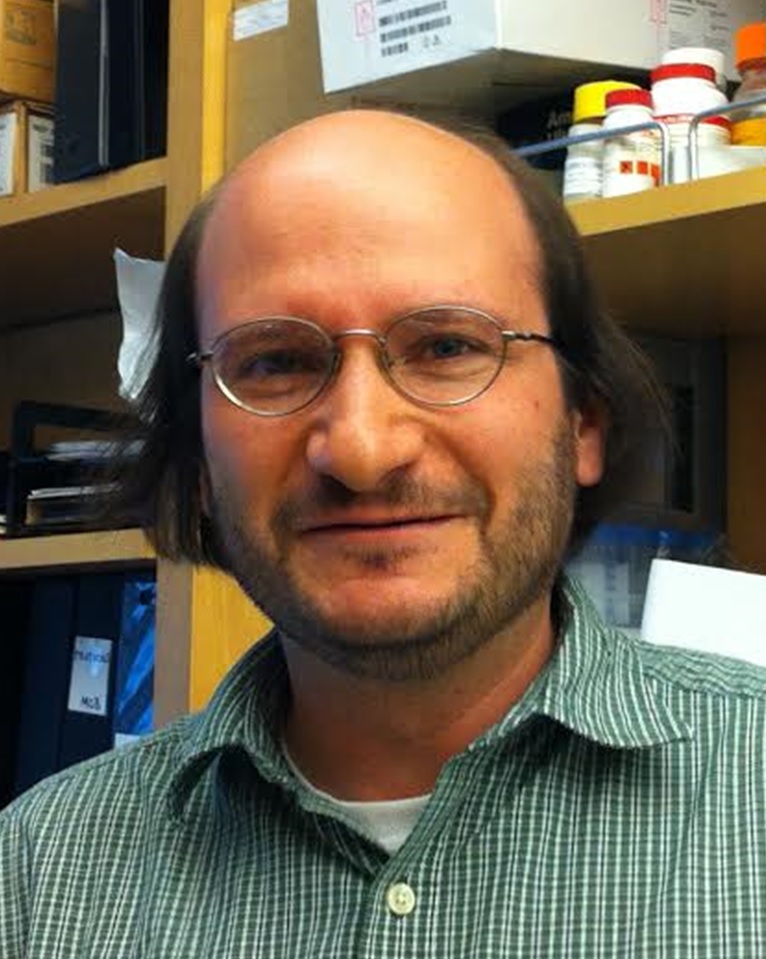
Michael C. Bassik, Ph.D.
Stanford University
Project Title: Accelerating Drug Development and Repurposing Using Systematic Genetic Interactions
Grant ID: DP2-HD084069
Michael Bassik received his undergraduate degree from the University of Wisconsin-Madison. His Ph.D. work at Harvard Medical School focused on the role of BCL-2 family proteins in regulating cell death in the laboratory of Stanley Korsmeyer. He then did his postdoctoral work in the laboratory of Jonathan Weissman at UCSF, where he helped develop a novel platform for creating high-throughput pairwise genetic interaction maps in mammalian cells. His new laboratory in the Department of Genetics at Stanford continues to develop technologies to conduct high throughput screens using both shRNA and CRISPR/Cas9 systems, and applies these tools to (1) identify novel drug targets and synergistic combinations, and (2) understand the cellular response to stresses and endocytic pathogens such as bacteria and protein toxins.
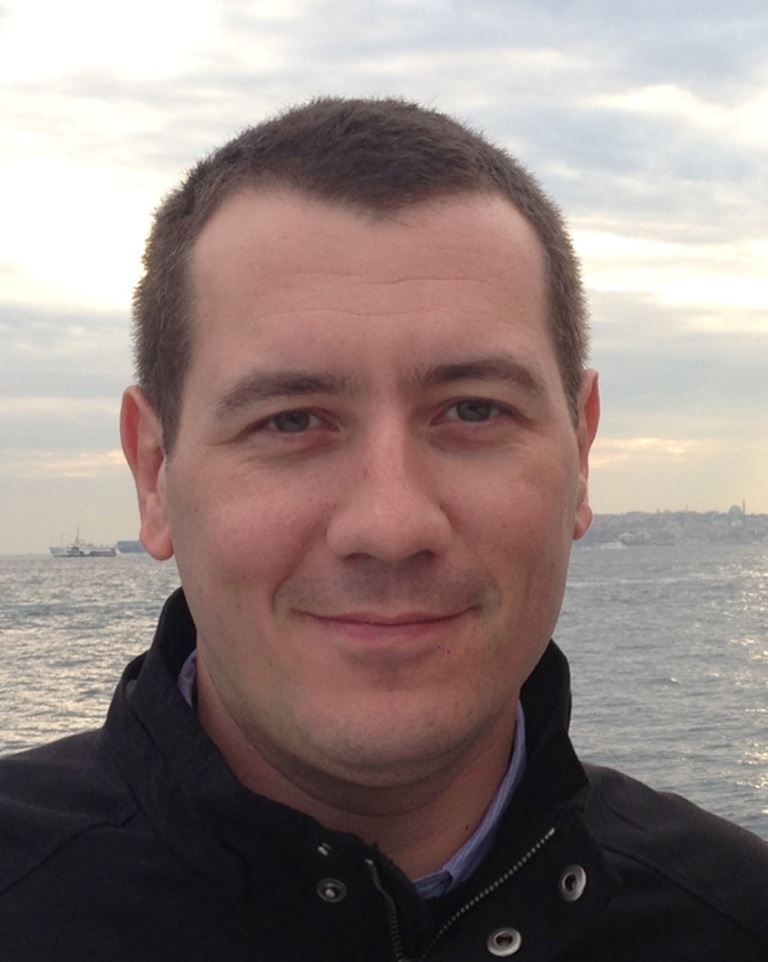
Roberto Bonasio, Ph.D.
University of Pennsylvania
Project Title: Studying Epigenetic Pathways in Brain Function and Social Behavior Using Ants
Grant ID: DP2-MH107055
Roberto Bonasio did his undergraduate studies at the University of Milan and received his Ph.D. in immunology from Harvard in 2006. He obtained further postodctoral training at NYU in the laboratory of Danny Reinberg, studying chromatin biochemistry and functional genomics. During his postdoc Roberto led an international team that sequenced and analyzed the first ant genomes. In 2014, he joined the Epigenetics Program at the University of Pennsylvania School of Medicine, where his laboratory studies the molecular mechanisms of epigenetics in conventional systems and emerging model organisms, such as ants. The NIH Director’s New Innovator award will allow the Bonasio laboratory to fully establish the ant Harpegnathos saltator as a model system by developing genetic tools, molecular markers, and epigenomic profiles.
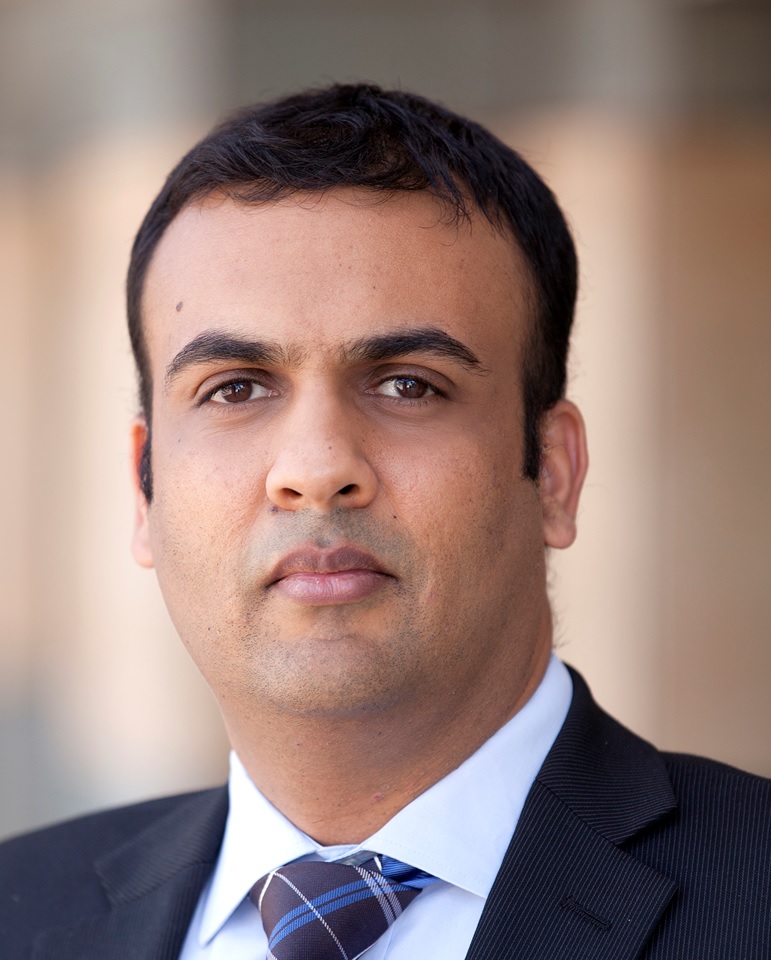
Mitesh Borad, M.D.
Mayo Clinic Arizona
Project Title: Oncolytic Virotherapy in Hepatocellular Cancer
Grant ID: DP2-CA195764
Mitesh J. Borad received his B.S. in Biomedical Engineering from Boston University in 1996, and M.D. from Rutgers New Jersey Medical School in 2000. After completing his internal medicine training at Cedars-Sinai Medical Center in Los Angeles and medical oncology training at Tulane University School of Medicine in New Orleans, he was a Genomics Medicine and Drug Development Scholar at the Translational Genomics Research Institute in Phoenix under the tutelage of Dr. Daniel Von Hoff. His research efforts are focused on development of novel therapeutics in liver, biliary and pancreatic cancers by leveraging Next-gen whole genome sequencing approaches, as well as application of emerging areas, such as the use of recombinant viruses with oncolytic/immunotherapeutic properties. His group was the first to introduce an oncolytic Rhabdovirus into human clinical studies, and further development of this exciting area will be a focus of his efforts.
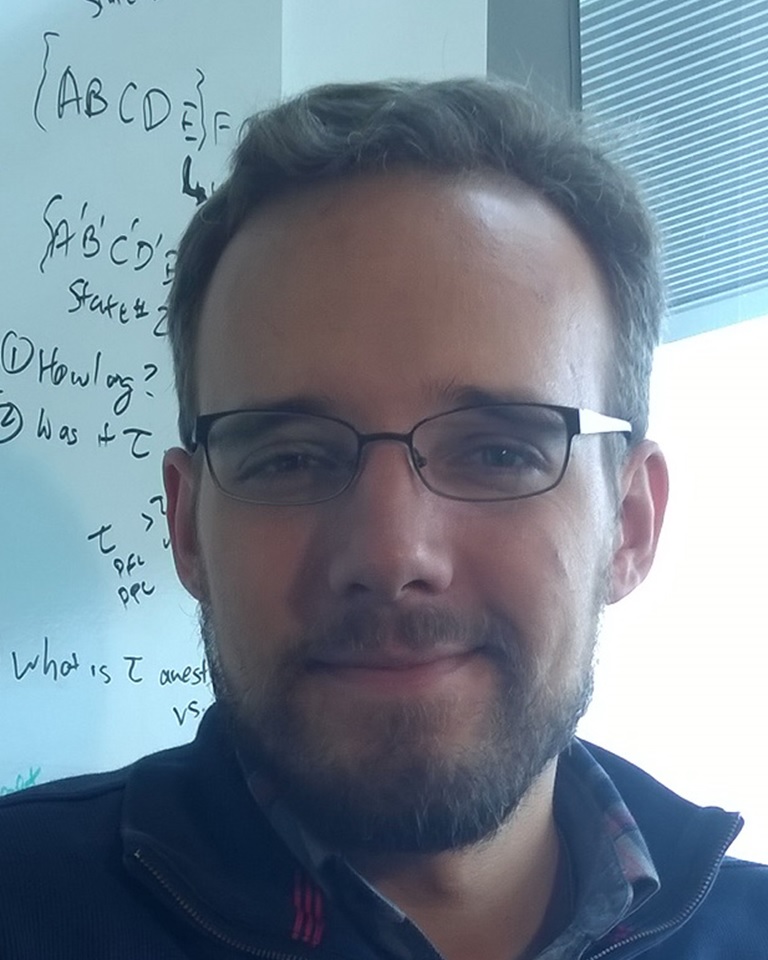
Timothy J. Buschman, Ph.D.
Princeton University
Project Title: Developing an Adaptive Cognitive Prosthetic to Replace Damaged Brain Regions
Grant ID: DP2-EY025446
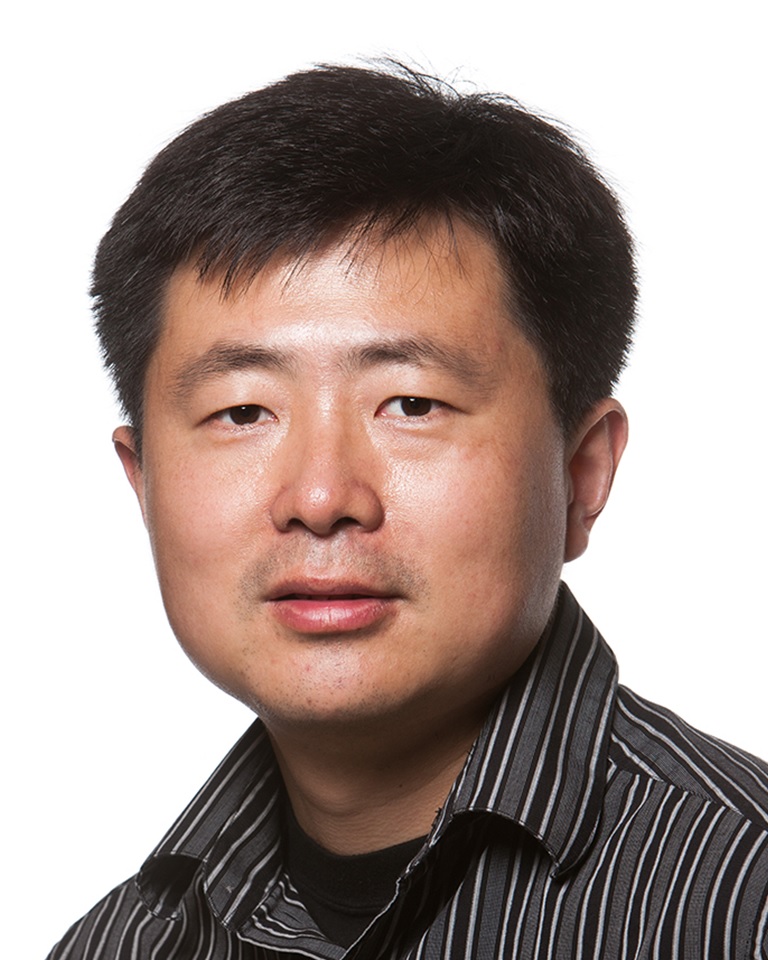
Hu Cang, Ph.D.
Salk Institute for Biological Studies
Project Title: Ultra Sensitive Single Molecule Spectroscopy with Plasmonic Antennas
Grant ID: DP2-EB020400
Hu Cang is an Assistant Professor in the Waitt Advanced Biophotonics Center at the Salk Institute for Biological Studies. He received a M.S. in Electrical Engineering and a Ph.D. in Chemistry from the Stanford University. Prior to that, he received his B.S. degree in Chemical Physics from the University of Science and Technology of China. His research focuses on developing ultra-sensitive spectroscopy tools to probe the structural and dynamics of single molecules.
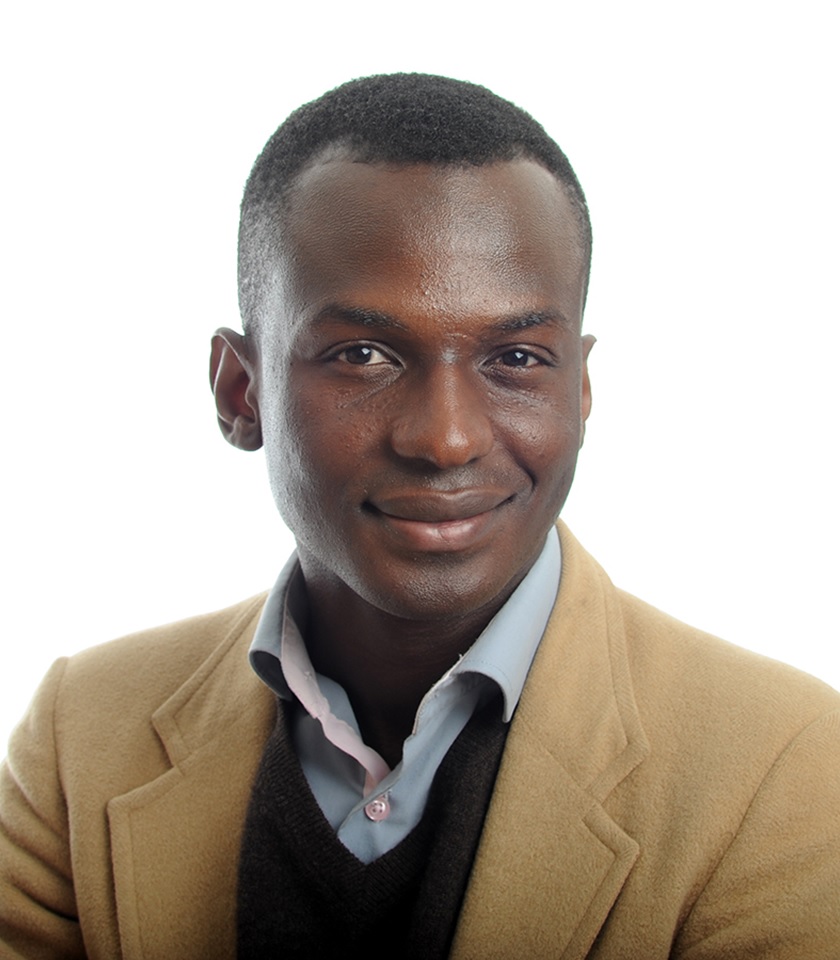
Ibrahim Cisse, Ph.D.
Massachusetts Institute of Technology
Project Title: Imaging Transcription with Single Molecule Resolution in Live Mammalian Cells
Grant ID: DP2-CA195769
Ibrahim Cissé joined the Department of Physics at MIT in January 2014, from HHMI’s Janelia Research Campus where he had been in the Transcription Imaging Consortium since January 2013. Prior to this, he was in Paris from January 2010 to December 2012, at Ecole Normale Supérieure de Paris, jointly in the departments of Physics and Biology, as a Pierre Gilles de Gennes fellow and a European Molecular Biology Organization long-term fellow. He received his Ph.D. from the Physics Department at the University of Illinois at Urbana-Champaign in December 2009. His graduate research in single-molecule biophysics was with Taekjip Ha, focusing on weak and transient interactions in vitro. He received his B.S. in Physics in 2004, from North Carolina Central University, and during that time he was investigating packing of ellipsoids using M&M candies with Paul M. Chaikin. Ibrahim is native of Niger, where he lived before moving to the US for college.
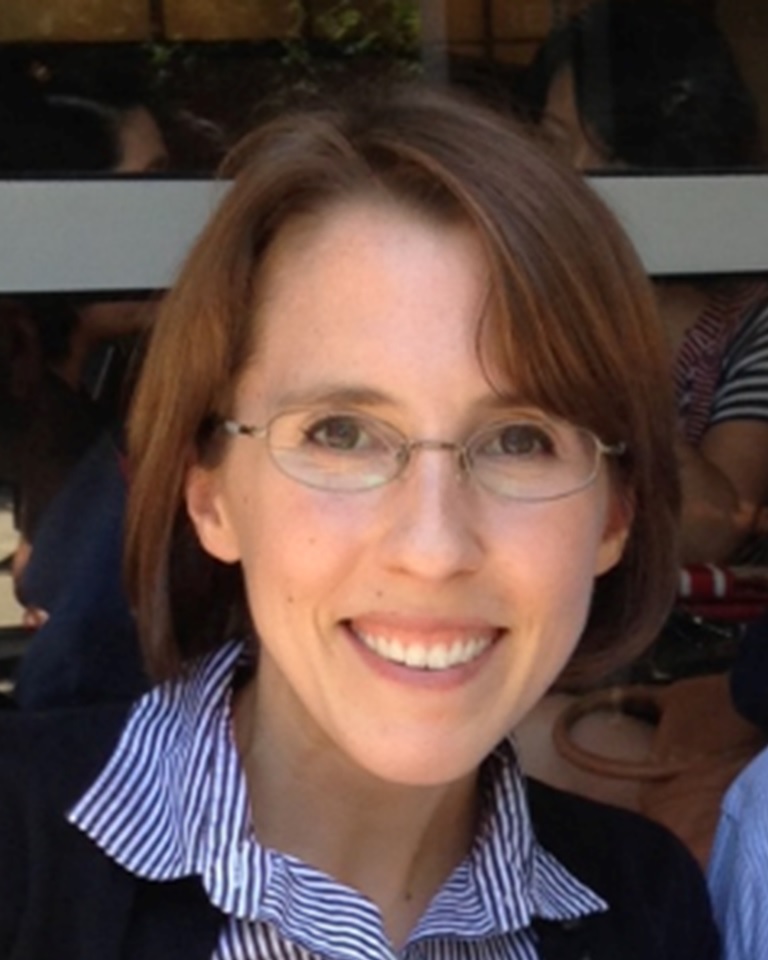
Sarah Cobey, Ph.D.
University of Chicago
Project Title: Modeling the Evolutionary Dynamics of Immunity to Influenza for Vaccine Development
Grant ID: DP2-AI117921
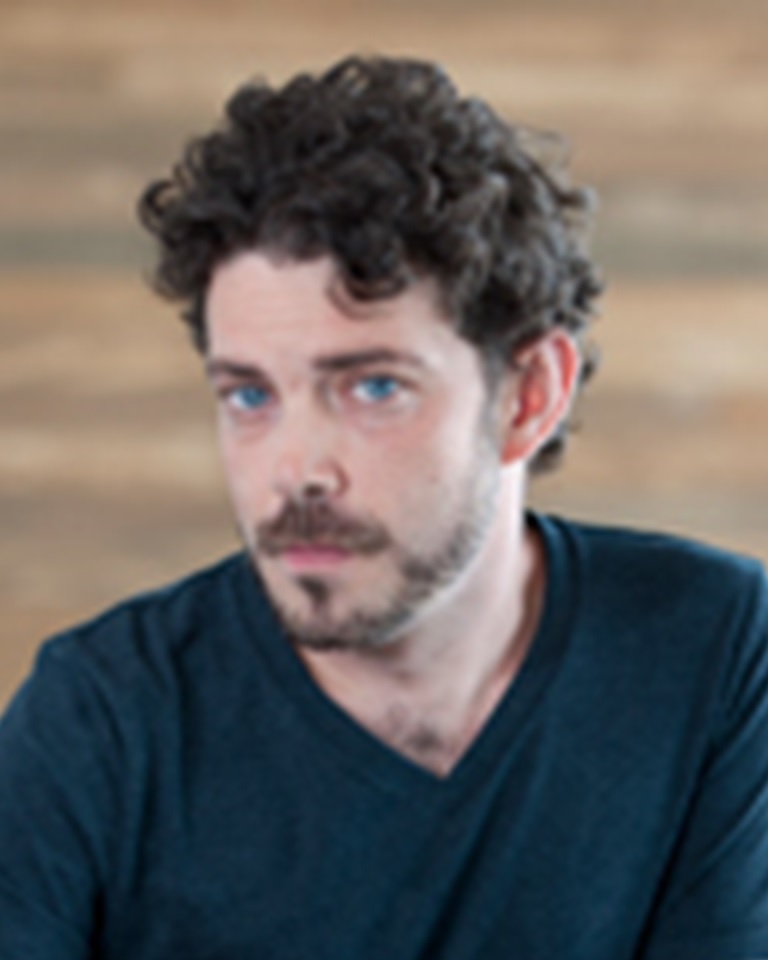
Ethan C. Garner, Ph.D.
Harvard University
Project Title: Dissecting Bacterial Cell Wall Synthesis Using In Vivo Single Molecule Tracking
Grant ID: DP2-AI117923
Ethan Garner was born in Richland, Washington. He received his B.S. in biochemistry from Washington State University, where he worked with Keith Dunker developing tools to predict disordered regions within proteins. He conducted his Ph.D. with Dyche Mullins at UCSF, where he kinetically dissected and reconstituted plasmid DNA segregation by prokaryotic polymers. Ethan conducted his postdoc in Boston, working for Tim Mitchison, Xiaowei Zhuang, and David Rudner. His lab started at the Harvard Center for Systems Biology in 2012, where his group studies the motions of bacterial enzymes and how they build cell shape.
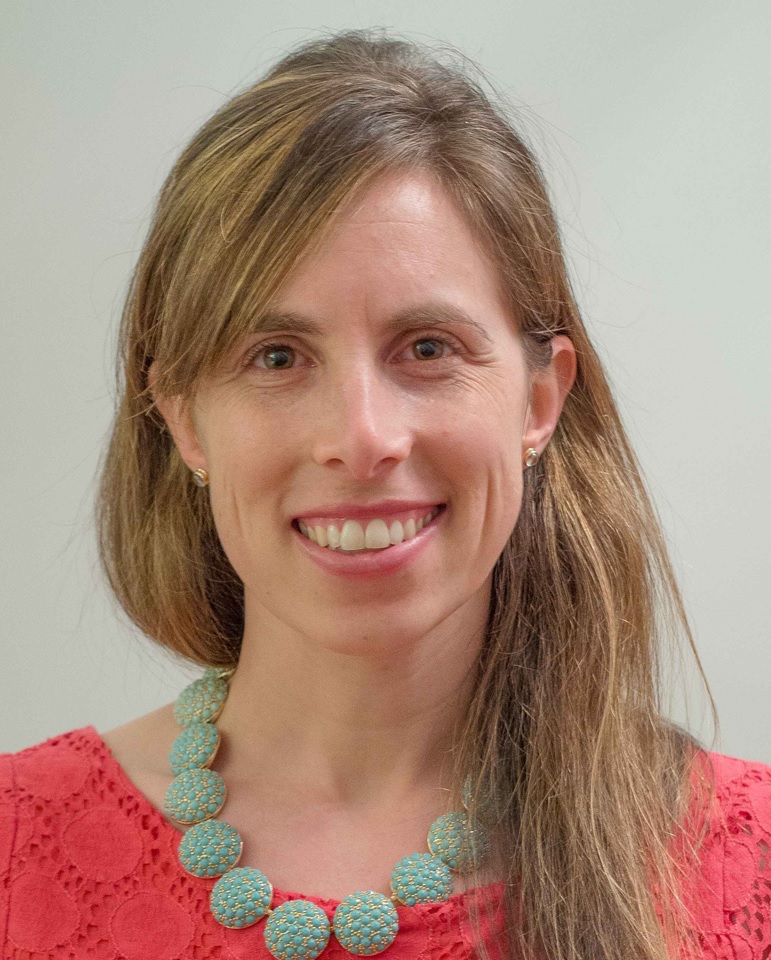
Lindsey L. Glickfeld, Ph.D.
Duke University
Project Title: Context-Dependent Changes in Local and Long-Range Cortical Circuits
Grant ID: DP2-EY025439
Lindsey Glickfeld received a B.S. in Biological Sciences with distinction from Stanford University in 2002, and a Ph.D. in Neurosciences from the University of California at San Diego in 2007. Her thesis work with Dr. Massimo Scanziani investigated the function of diverse classes of inhibitory interneurons in cortical circuits. With a desire to understand the function of these circuits in vivo, Dr. Glickfeld pursued a postdoctoral fellowship with Dr. Clay Reid where she learned advanced microscopy approaches and visual neuroscience. Before starting an independent position, Dr. Glickfeld spent a year training with Dr. John Maunsell to develop behavioral paradigms that can be used to study vision in rodent models. Dr. Glickfeld is currently an Assistant Professor in the Department of Neurobiology at Duke University where her lab focuses on the cellular and circuit mechanisms that support the processing of sensory input in the visual cortex.
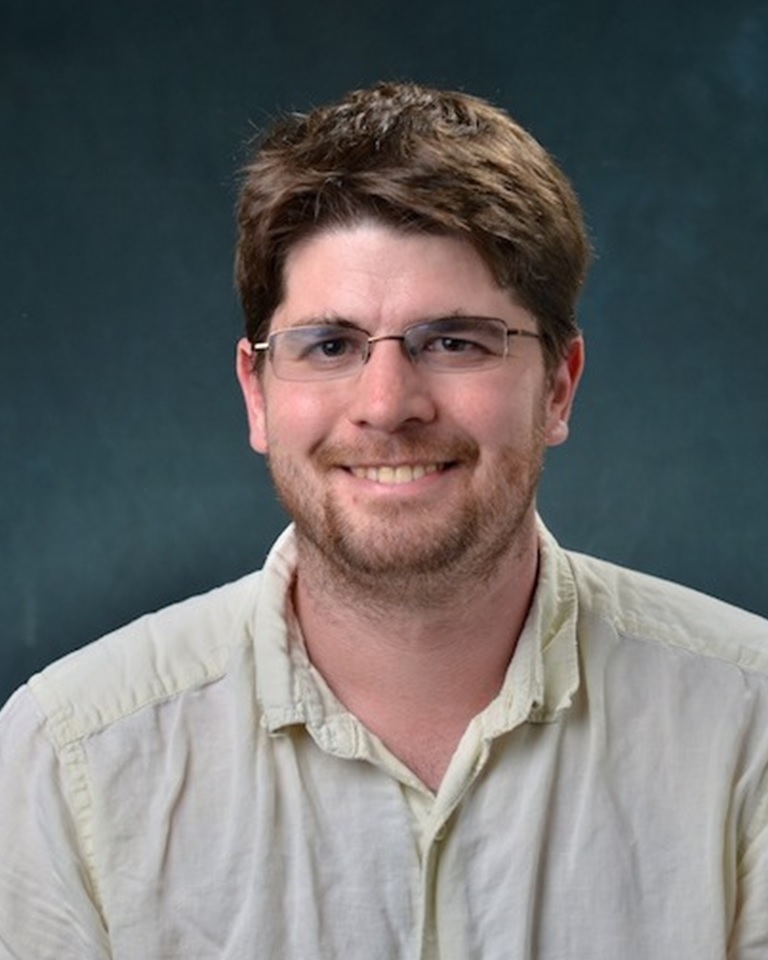
Andrew P. Goodwin, Ph.D.
University of Colorado
Project Title: Rapid, Multiscale Sensing Using Acoustic Detection Mechanisms
Grant ID: DP2-EB020401
Andrew Goodwin joined the Department of Chemical and Biological Engineering at the University of Colorado at Boulder as an Assistant Professor in 2012. His research focuses on designing “smart” colloids and materials – such as polymeric architectures, organic/inorganic hybrids, and multiphase composites – that can sense their surroundings and change their chemical and physical properties accordingly. He is also interested in how interfaces organize themselves when sensing chemical stimuli and also how they respond to external forces. Prior to CU, Prof. Goodwin was an NIH Postdoctoral Fellow in the Department of Nanoengineering at the University of California, San Diego, where he received a K99 Pathway to Independence Award in Cancer Nanotechnology, a DOD Breast Cancer Postdoctoral Fellowship, and an AACR Scholar-in-Training Award. He obtained his Ph.D. in Chemistry from the University of California, Berkeley and his B.A. in Chemistry from Columbia University in New York.
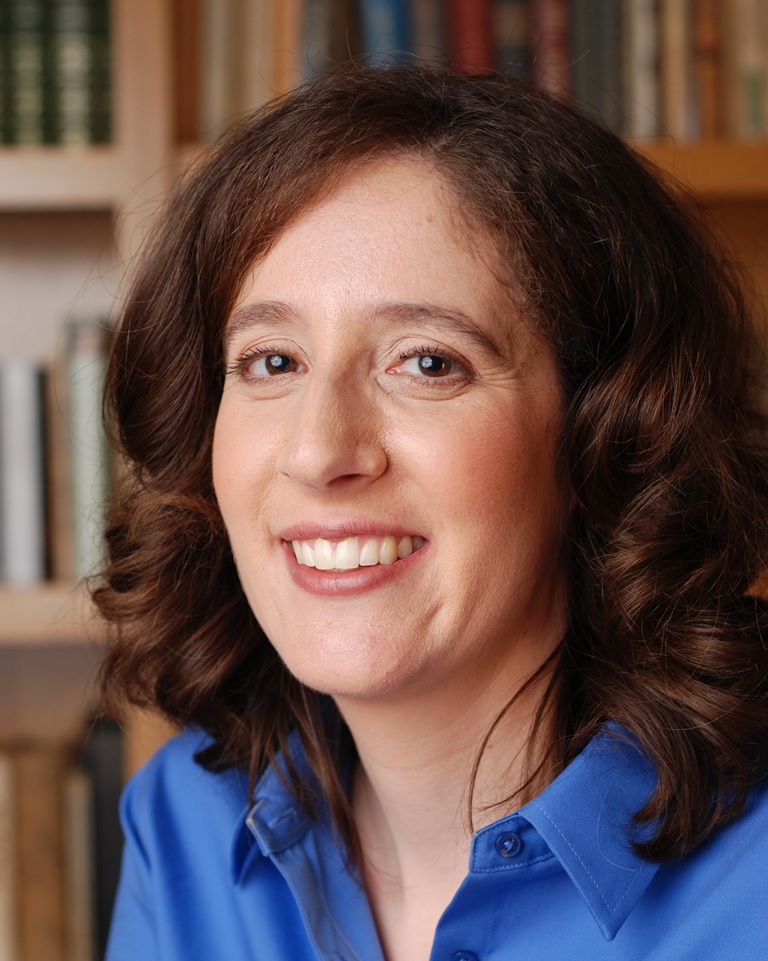
Elissa A. Hallem, Ph.D.
University of California Los Angeles
Project Title: The Neural Basis of Odor-Driven Behavior in Skin-Penetrating Parasitic Nematodes
Grant ID: DP2-DC014596
Elissa Hallem is an Assistant Professor in the Department of Microbiology, Immunology, and Molecular Genetics at UCLA. Her lab studies sensory neural circuits in free-living and parasitic nematodes, with an emphasis on how parasitic worms use sensory cues to locate hosts to infect. Dr. Hallem received a B.A. in biology and chemistry from Williams College, and a Ph.D. in neuroscience from Yale University. After completing a postdoctoral fellowship at Caltech, she joined the UCLA faculty in 2011. Dr. Hallem is the recipient of a 2015 Burroughs-Wellcome Fund Investigators in the Pathogenesis of Disease Award, a 2013 McKnight Scholar Award, a 2012 MacArthur Fellowship, a 2012 Searle Scholar Award, a 2011 Alfred P. Sloan Fellowship, and a 2011 Rita Allen Foundation Fellowship.
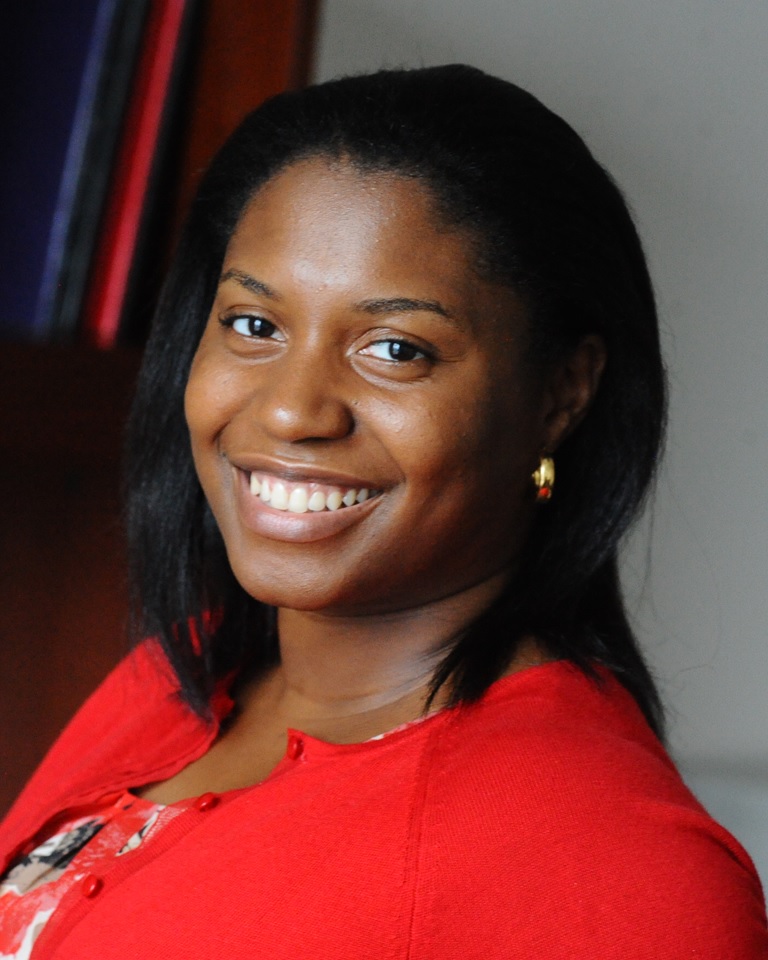
Christine P. Hendon, Ph.D.
Columbia University, New York Morningside
Project Title: High Resolution Imaging of the Myocardium
Grant ID: DP2-HL127776
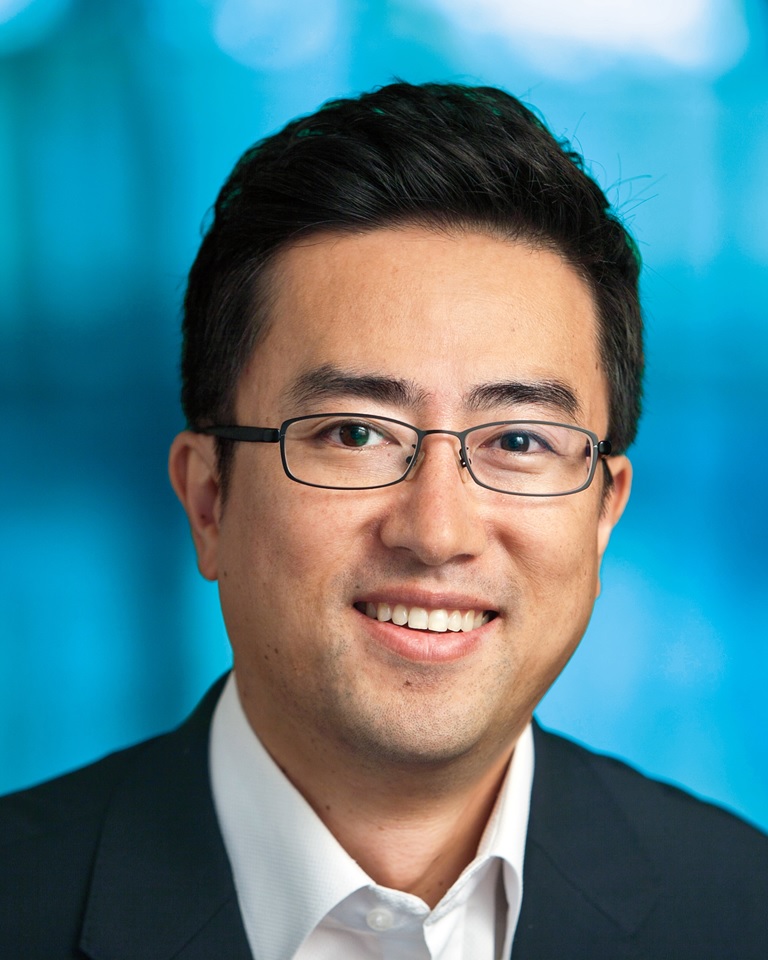
Dongeun Huh, Ph.D.
University of Pennsylvania
Project Title: Probing the Physics of Chronic Lung Disease Using Microphysiological Biomimicry
Grant ID: DP2-HL127720
‘Dan’ Dongeun Huh is the Wilf Family Term Assistant Professor in Bioengineering at the University of Pennsylvania. He received his B.S. in Mechanical Engineering from Seoul National University, M.S. and Ph.D. in Biomedical Engineering from the University of Michigan. He then joined Harvard University as a postdoctoral researcher and completed his training as a Wyss Technology Development Fellow at Harvard’s Wyss Institute for Biologically Inspired Engineering where he pioneered the “Organ-on-a-Chip” technology. At Penn, Dan is leading an interdisciplinary research group that focuses on developing innovative biomimetic micro- and nanoengineering technologies for biomedical, pharmaceutical, and environmental applications. His primary research interest is in the development and application of microengineered physiological cell culture models that recapitulate structural and functional complexity of living human organs during health and disease.
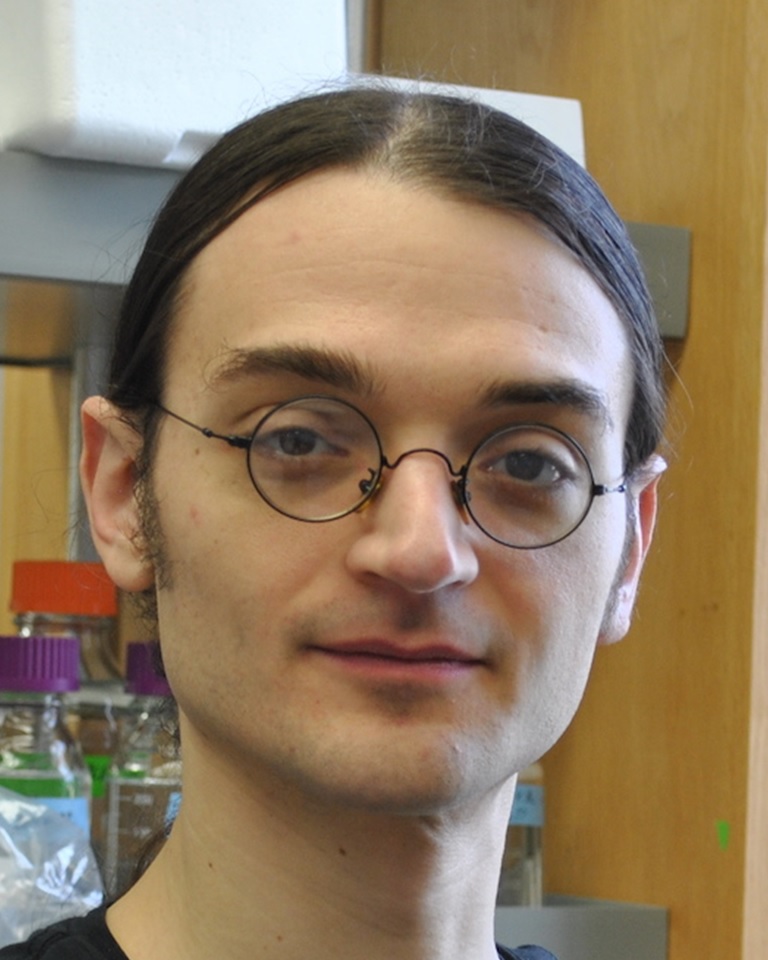
Nicholas T. Ingolia, Ph.D.
University of California Berkeley
Project Title: Molecular Basis and Cellular Roles of Translational Regulation
Grant ID: DP2-CA195768
Nicholas Ingolia is an Assistant Professor of Molecular and Cell Biology at the University of California, Berkeley. His laboratory applies genome-scale and unbiased approaches to study the molecular basis underlying the translational control of gene expression and the roles of this regulation in cellular and organismal physiology. He studied math and biology as an undergraduate at the Massachusetts Institute of Technology and then received his Ph.D. from Harvard University under the supervision of Andrew Murray. As a post-doctoral fellow with Jonathan Weissman at the University of California, San Francisco, he developed the ribosome profiling approach for global and comprehensive measurements of translation. He continued to develop and apply ribosome profiling in his own lab at the Carnegie Institution Department of Embryology prior to joining the faculty at UC Berkeley in January of 2014.
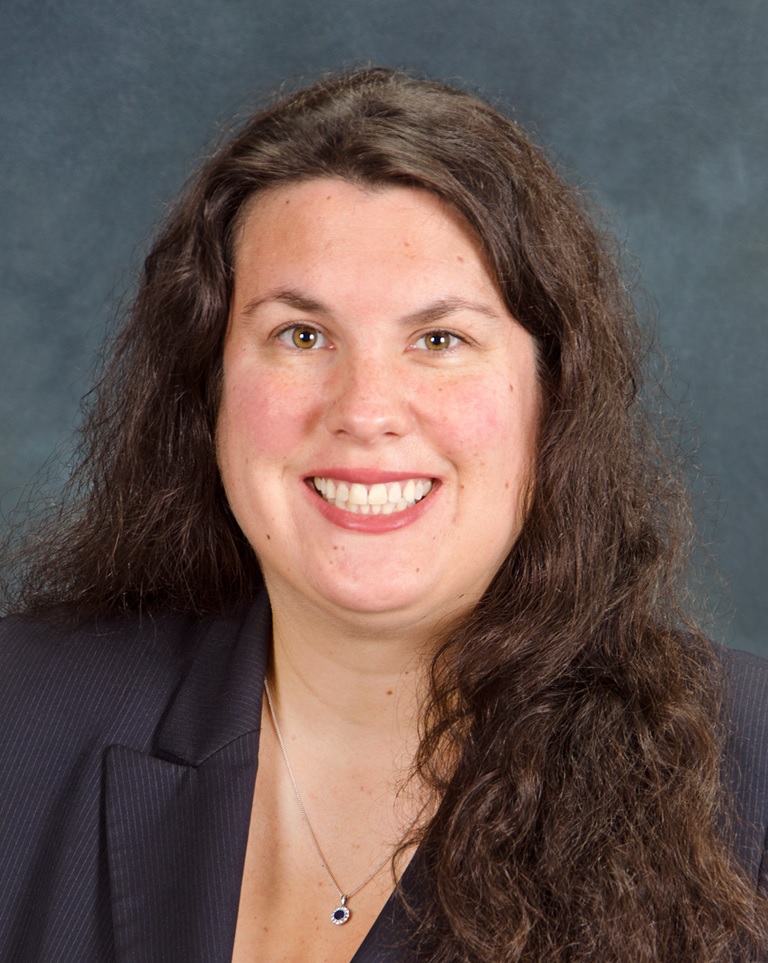
Michelle C. Janelsins, Ph.D., M.P.H.
University of Rochester
Project Title: Clinical and Translational Approaches to Cognitive Impairments in Cancer
Grant ID: DP2-CA195765
Dr. Michelle Janelsins is tenure-track Assistant Professor of Surgery and Oncology at University of Rochester, Director of the Cancer Control and Psychoneuroimmunology Laboratory, and Chair of Translational Science for the UR NCORP Research Base. She received her Ph.D. in 2008, in the areas of microbiology, immunology, and neuroscience and fellowship in 2011, in the areas of clinical cancer control, neuropsychology, and cognitive science. Following her fellowship, she completed an M.P.H. in clinical investigation and public health. All graduate training was completed at University of Rochester and Wilmot Cancer Institute. Dr. Janelsins’ laboratory focuses on understanding clinical, psychological, and biological contributors of cancer-related cognitive impairment and on interventions to alleviate cancer-related cognitive impairment including clinical trials, longitudinal studies and animal modeling.
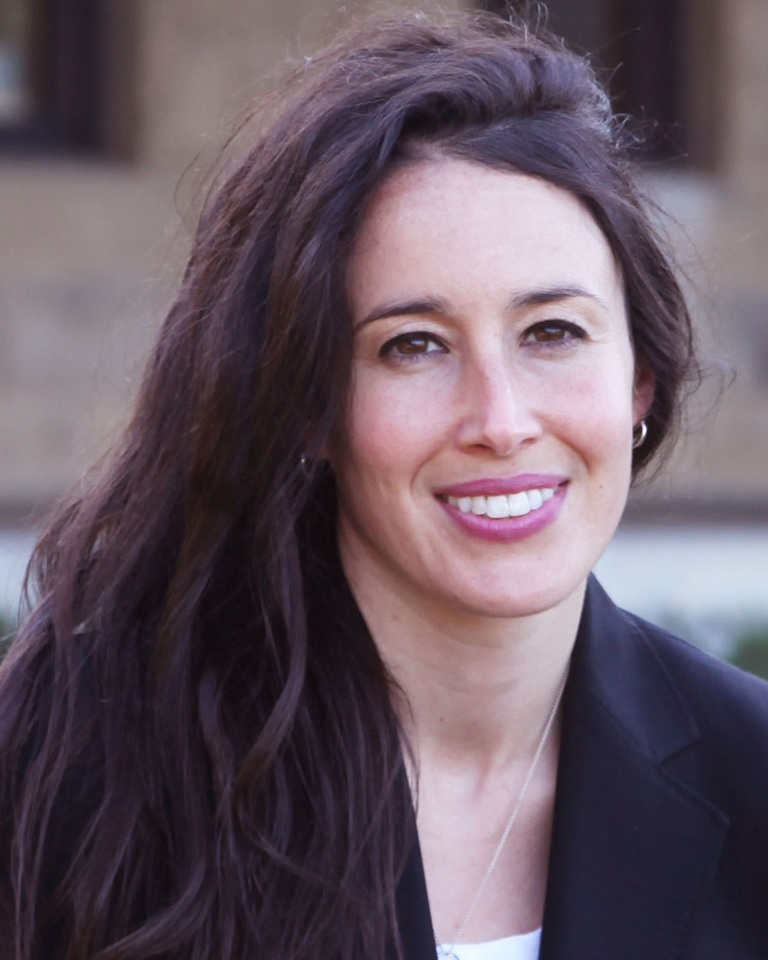
Cigall Kadoch, Ph.D.
Dana-Farber Cancer Institute
Project Title: Reversing Oncogenic BAF Complex Structure & Function: New Therapeutic Approaches
Grant ID: DP2-CA195762
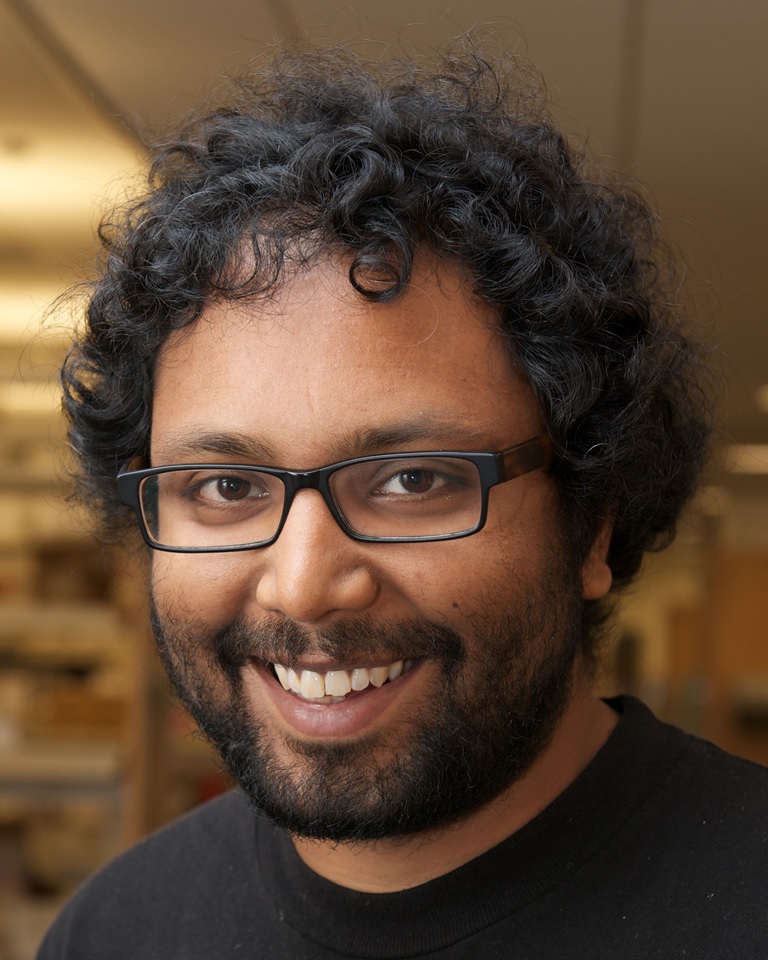
Sriram Kosuri, Sc.D.
University of California Los Angeles
Project Title: Reverse Genomics of Regulatory Elements Governing Splicing
Grant ID: DP2-GM114829
Sri Kosuri received his B.S. in Bioengineering at UC Berkeley working with Prof. Adam Arkin on bacterial systems biology in 2001. He received his Sc.D. in Biological Engineering at MIT with Prof. Drew Endy working on systems and synthetic biology of bacteriophage T7 development in 2007. He was the first employee of Joule Unlimited from 2007-2009, and returned to academics as a member of the Advanced Technology team at the Wyss Institute working with Prof. George Church. There he developed large-scale gene synthesis technologies combined with multiplexed measurements based on next-generation sequencing to better understand sequence determinants of gene expression. In 2014, he became an Assistant Professor of Chemistry and Biochemistry at UCLA. His laboratory develops new technologies in DNA synthesis, sequencing, and genome engineering and applies them to both study and engineer biology. At UCLA, he is a member of the UCLA-DOE Institute for Genomics and Proteomics, the Institute for Quantitative and Computational Biology, the Broad Center of Regenerative Medicine and Stem Cell Research, the Johnson Comprehensive Cancer Center, and the Molecular Biology Institute. Dr. Kosuri was awarded the NIH Director's New Innovator Award in 2014, and was named a Searle Scholar in 2015.
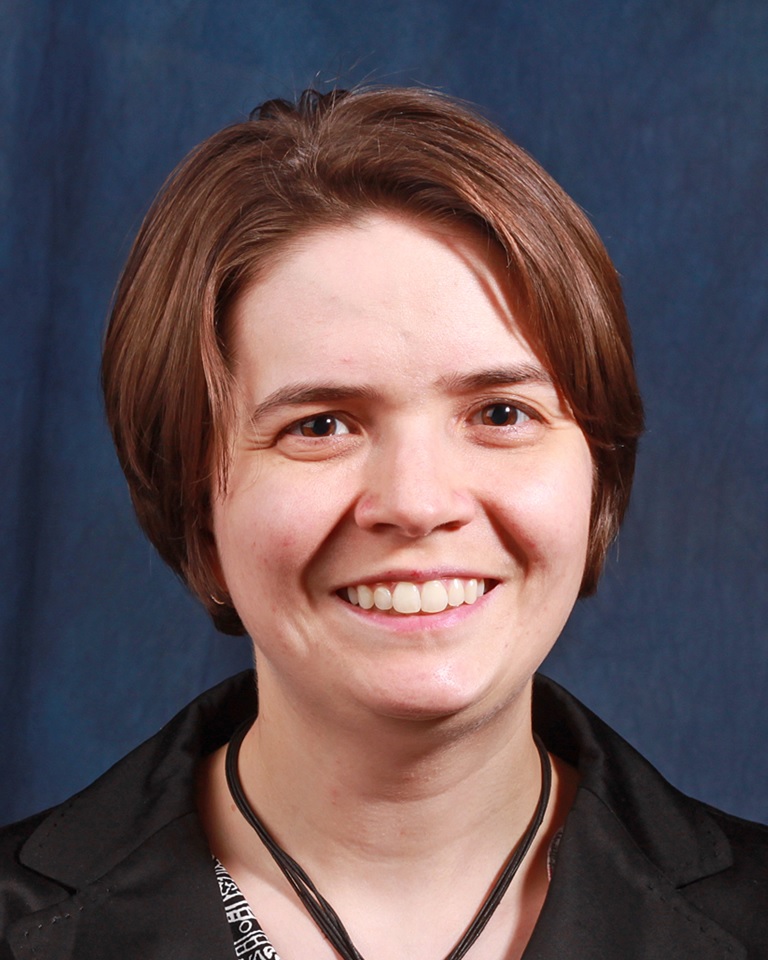
Pamela K. Kreeger, Ph.D.
University of Wisconsin-Madison
Project Title: Analysis of How Quantitative Cellular Network Variation Impacts Tumor Progression
Grant ID: DP2-CA195766
Pamela Kreeger is an Assistant Professor in the Department of Biomedical Engineering at the University of Wisconsin-Madison. She earned a B.S. in Chemistry from Valparaiso University, a Ph.D. in Chemical Engineering at Northwestern University working with Lonnie Shea and Teresa Woodruff, and was a post-doctoral fellow in Biological Engineering at MIT in Doug Lauffenburger’s lab. Her lab utilizes tools from systems biology and tissue engineering to determine how variations in protein expression interact with changes in the disease microenvironment to influence cellular phenotypic decisions. She is the recipient of a NSF CAREER award and is an American Cancer Society Research Scholar.
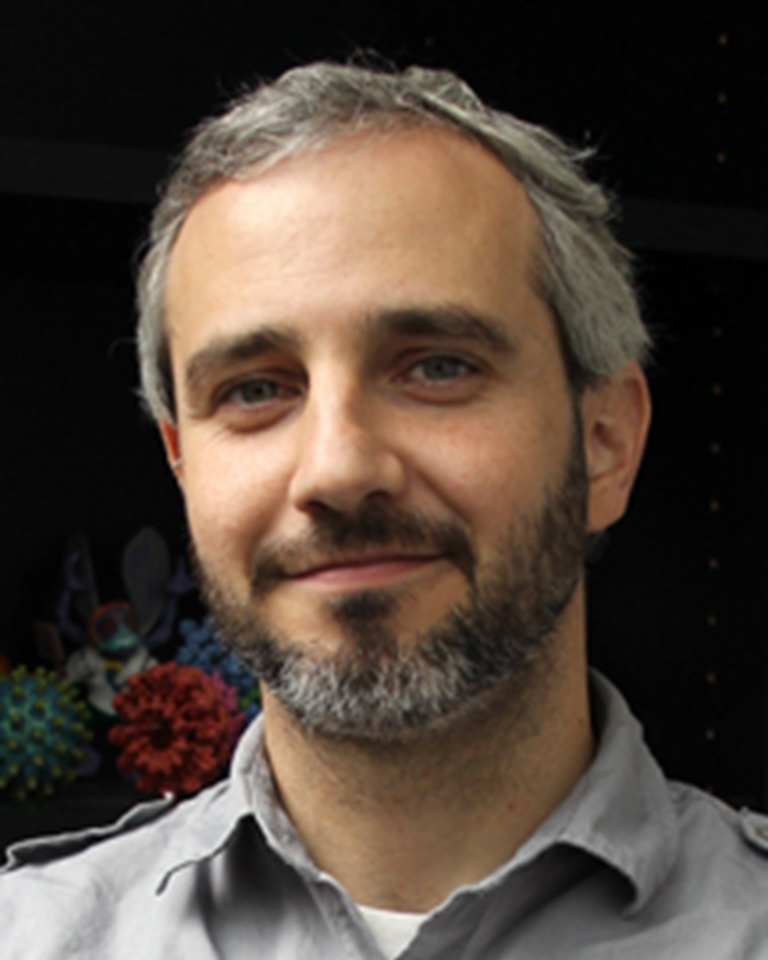
Gabriel C. Lander, Ph.D.
Scripps Research Institute
Project Title: Molecular Basis of Axonal Transport Described by High-Resolution 3D Imaging
Grant ID: DP2-EB020402
Gabriel Lander is faculty member of the Department of Integrative Structural and Computational Biology at The Scripps Research Institute, where he uses electron microscopy to study cellular events. Gabriel received a B.S. from the State University of New York at Binghamton, where he performed structural analyses of colchicine, an anti-inflammatory drug, and its interactions with tubulin, which inspired him to pursue a career in structural biology. Gabriel was first introduced to electron microscopy during his graduate work at The Scripps Research Institute, exploring the mechanics of virus assembly and infection under the joint guidance of Jack Johnson, Bridget Carragher, and Clint Potter. Gabriel then moved to UC Berkeley and received a Damon Runyon fellowship to perform his postdoctoral work in lab of Eva Nogales, examining the structural mechanisms that govern microtubule dynamics. At Berkeley Gabriel also collaborated with Andreas Martin to decipher the mechanisms of protein degradation by the 26S proteasome. As an assistant professor at The Scripps Research Institute, Gabriel is the recipient of the Searle and Pew awards in addition to the Innovator Award.
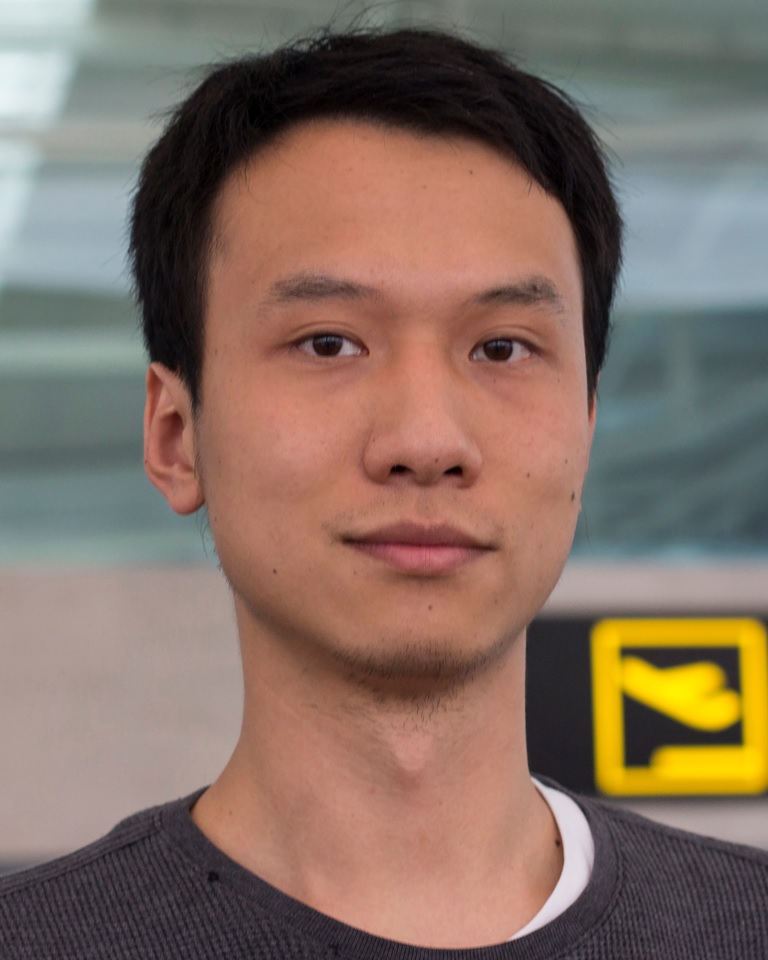
Chenxiang Lin, Ph.D.
Yale University
Project Title: Cell-Free Membrane Remodeling Guided by DNA Nano-Templates
Grant ID: DP2-GM114830
Chenxiang Lin is an Assistant Professor of Cell Biology at Yale University. He studied Chemistry at Peking University from 2000 to 2004, and did his Ph.D. thesis on structural DNA nanotechnology with Prof. Hao Yan at Arizona State University from 2005 to 2009. He continued his research in biomolecular nanotechnology as a research fellow with Prof. William Shih at Dana-Farber Cancer Institute, Wyss Institute at Harvard and Harvard Medical School from 2009 to 2012. In September 2012, he moved to Yale University, where he leads a research team that focuses on developing DNA-nanostructure-based molecular tools for biological studies.
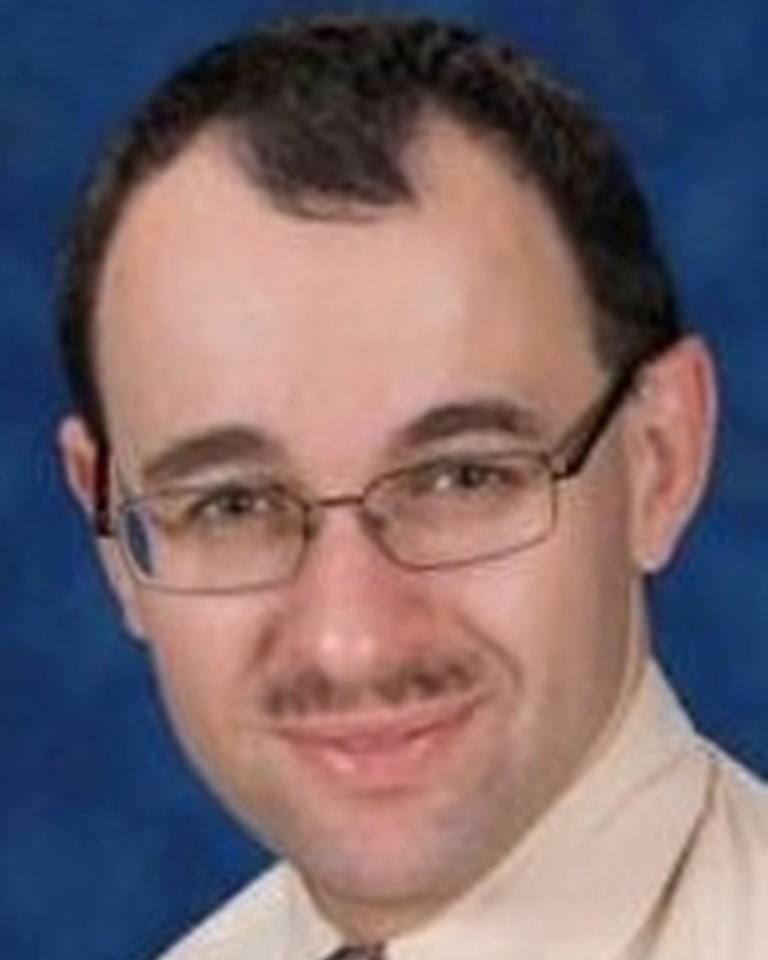
Leonard Lipovich, Ph.D.
Wayne State University
Project Title: Life, Death, and Function: The Primate-Specific Long Non-Coding RNA Transcriptome
Grant ID: DP2-CA196375
Leonard Lipovich, a proud graduate of Stuyvesant High School, New York City, earned his B.A. (cum laude) in Genetics and Development from Cornell University (Ithaca, N.Y.) in 1998, and his Ph.D. in Genome Sciences from the University of Washington, Seattle, where Mary-Claire King was his dissertation advisor, in 2003. After postdoctoral training at the Genome Institute of Singapore, where he discovered the first ever mammalian long non-coding RNA directly functional in stem cell pluripotency, and pioneered the concept of sense-antisense gene pair evolutionary non-conservation, Dr. Lipovich joined Wayne State University in Detroit, Michigan in 2007 as an assistant professor, and was promoted to associate professor with tenure in 2013. In 2014, Dr. Lipovich received the NIH Director's New Innovator Award for his work on how primate-specific long non-coding RNAs cause cell growth and cell death in human cancer. Current research in the Lipovich laboratory interrogates the contribution of long non-coding RNA genes to human cancer and metabolic disorders, using integrated computational and experimental approaches: high-throughput reverse genetics, non-coding RNA proteogenomics, and Genome-Wide Association Studies. Dr. Lipovich, a funded co-investigator of the CHARGE (Cohorts for Heart and Aging Research in Genomic Epidemiology) Consortium, pursues a long-term goal of improving human health through personalized, lncRNA-targeted rational therapeutics.
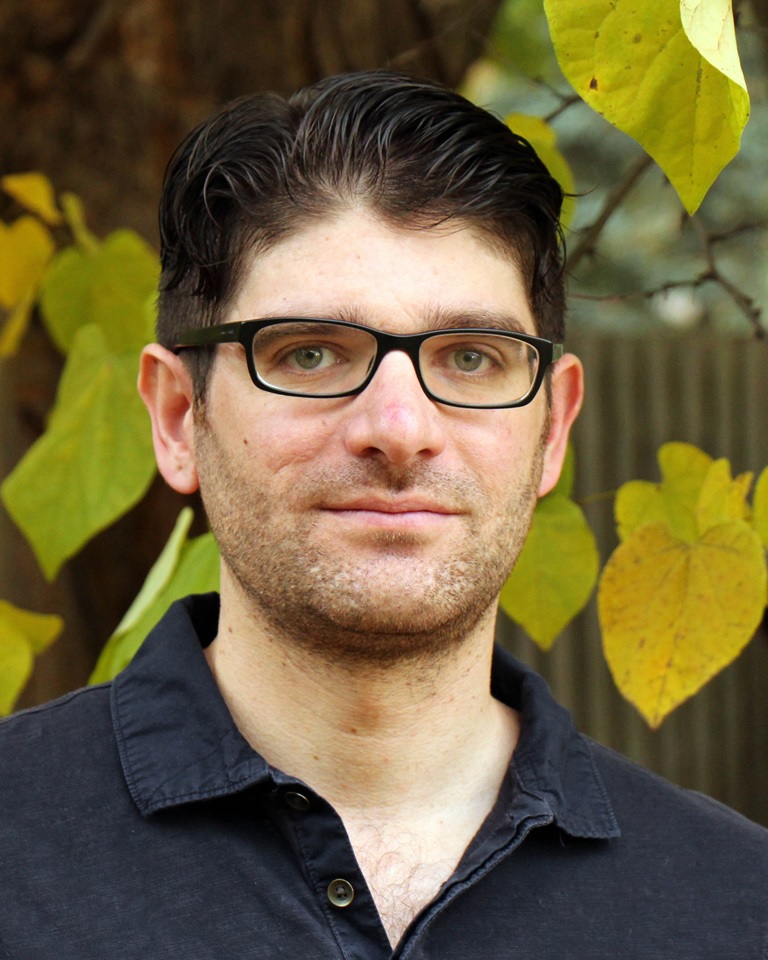
Brent R. Martin, Ph.D.
University of Michigan
Project Title: Multiscale Chemical Approaches to Map Oxidative Stress
Grant ID: DP2-GM114848
Brent Martin is an Assistant Professor of Chemistry at the University of Michigan, Ann Arbor. He received both his B.S. in Molecular Biology and Ph.D. in Biomedical Sciences at UC San Diego. His thesis research with Roger Tsien involved the development and optimization of genetically encoded fluorescent probes for light and electron microscopy. He then carried out postdoctoral studies at the Scripps Research Institute with Benjamin Cravatt developing chemical probes and chemoproteomic strategies for profiling post-translational modifications. The Martin lab is currently developing multidisciplinary methods to explore the function and physiological role of novel enzymes and post-translational modifications involved in the development of neurological diseases and cancer.
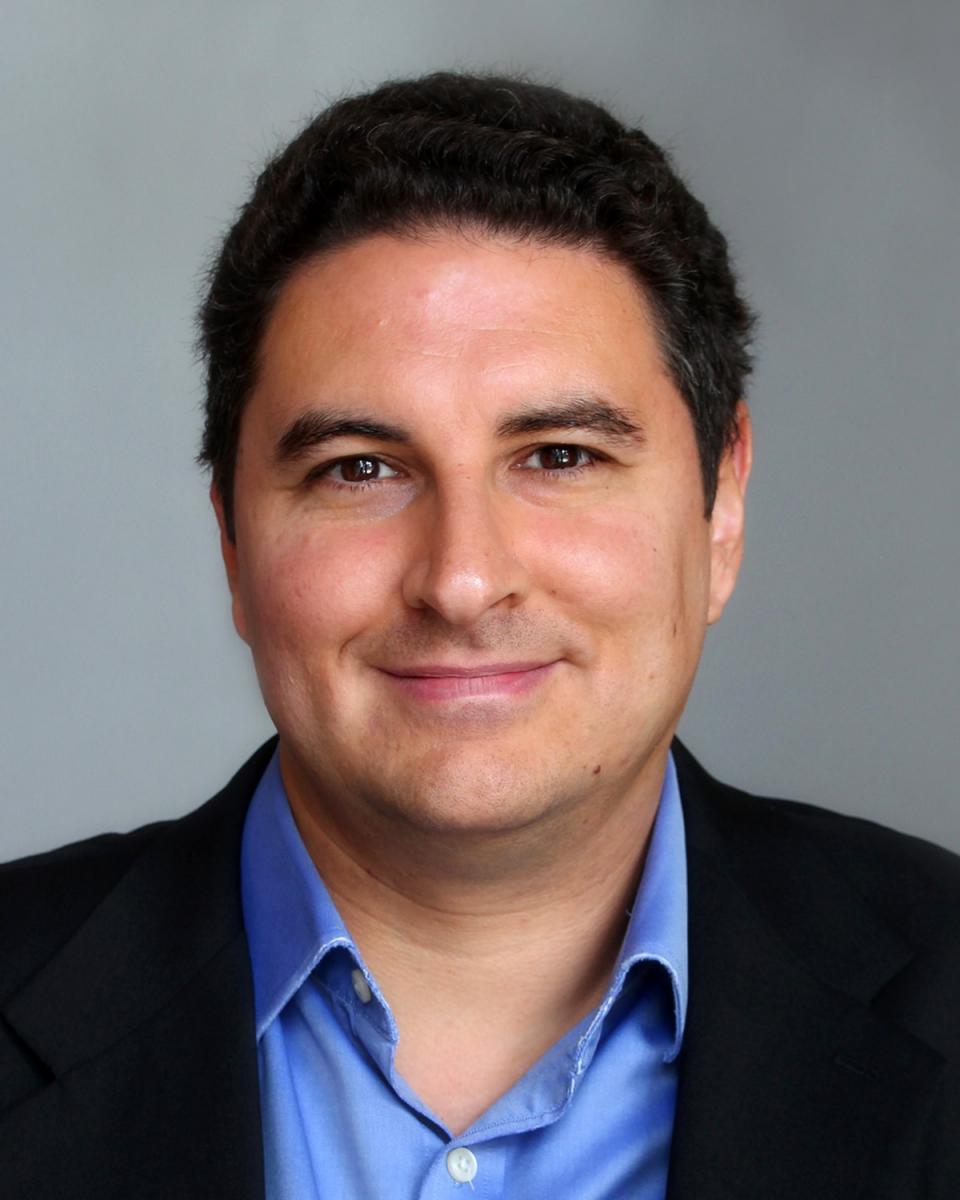
Michael McAlpine, Ph.D.
University of Minnesota
Project Title: 3D Printed Nano-Bionic Organs
Grant ID: DP2-EB020537
Michael C. McAlpine is the Benjamin Mayhugh Associate Professor of Mechanical Engineering at the University of Minnesota. He received a B.S. in Chemistry with honors from Brown University (2000) and a Ph.D. in Chemistry from Harvard University (2006). His research is focused on 3D printing functional materials & devices, including the three-dimensional interweaving of biological and electronic materials using 3D printing. He has received a number of awards, including the Presidential Early Career Award for Scientists and Engineers (PECASE), NIH Director’s New Innovator Award, a TR35 Young Innovator Award, an Air Force Young Investigator Award, the Intelligence Community Young Investigator Award, a DuPont Young Investigator Award, a National Academy of Sciences Frontiers Fellow, a DARPA Young Faculty Award, an American Asthma Foundation Early Excellence Award, a Graduate Student Mentoring Award, the Extreme Mechanics Letters Young Lecturer, and an invitation to the National Academy of Engineering Frontiers in Engineering.
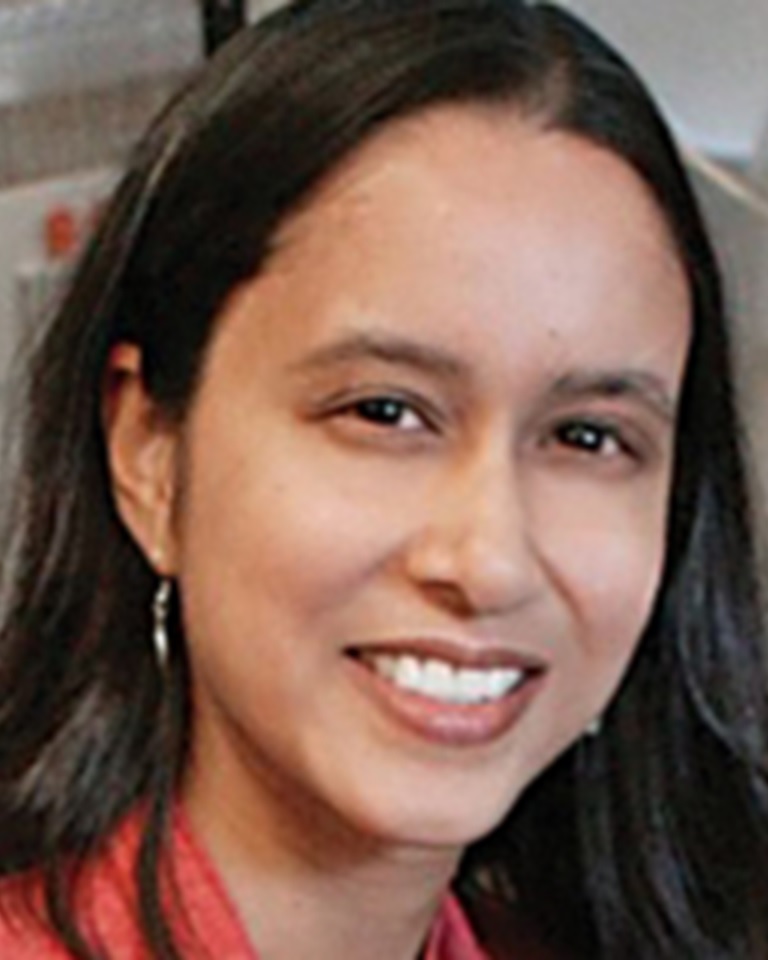
Mala Murthy, Ph.D.
Princeton University
Project Title: How Does the Brain Solve the Pattern Recognition Problem?
Grant ID: DP2-NS092378
Mala Murthy is an Assistant Professor in the Princeton Neuroscience Institute and Department of Molecular Biology at Princeton University. She received a B.S. in Biology from MIT, a Ph.D. in Neuroscience from Stanford University, and did postdoctoral research at Caltech. Her research is focused on how the brain extracts salient information from the sensory world and uses this information to modulate behavior. She uses the genetically tractable model system Drosophila and studies its acoustic behaviors using a combination of quantitative behavioral assays, in vivo neural recordings, and computational modeling. During courtship, male flies produce dynamic songs while females arbitrate mating decisions based on song information; research in the Murthy lab is solving the cellular-level neural mechanisms that link sensory processing to behavior, in the context of communication. Her research has won numerous other awards including from the McKnight Foundation, the Klingenstein-Simons Foundation, the Sloan Foundation, the Human Frontiers Science Program, and the National Science Foundation (both a CAREER award and a BRAIN Initiative grant).
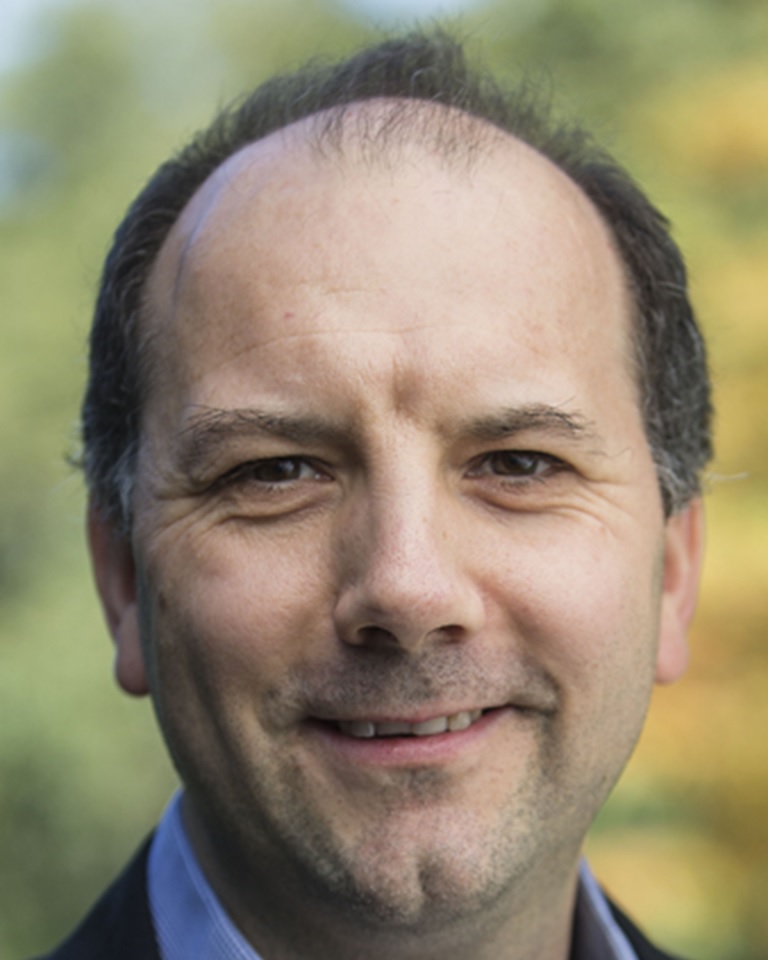
Gregor Neuert, Ph.D.
Vanderbilt University
Project Title: Decoding the Noncoding Genome: lncRNA Dynamics and Function in Single Cells
Grant ID: DP2-GM114849
Gregor Neuert is an Assistant Professor in the Department of Molecular Physiology and Biophysics at Vanderbilt University School of Medicine. During his Ph.D. in Physics he worked in the area of single-molecule biophysics with Hermann Gaub at Ludwig Maximilians University Munich. With a DFG-Fellowship, he did his postdoctoral studies in the area of single cell systems biology with Alexander van Oudenaarden at Massachusetts Institute of Technology. The Neuert lab works on the leading edge in the quantitative understanding of molecular mechanism contributing to the function and malfunction of signal transduction and gene regulatory processes of coding and non-coding RNA in single yeast and mammalian cells. To address this question, our research combines single molecule and single cell methodologies with genetics and computational and molecular biology.
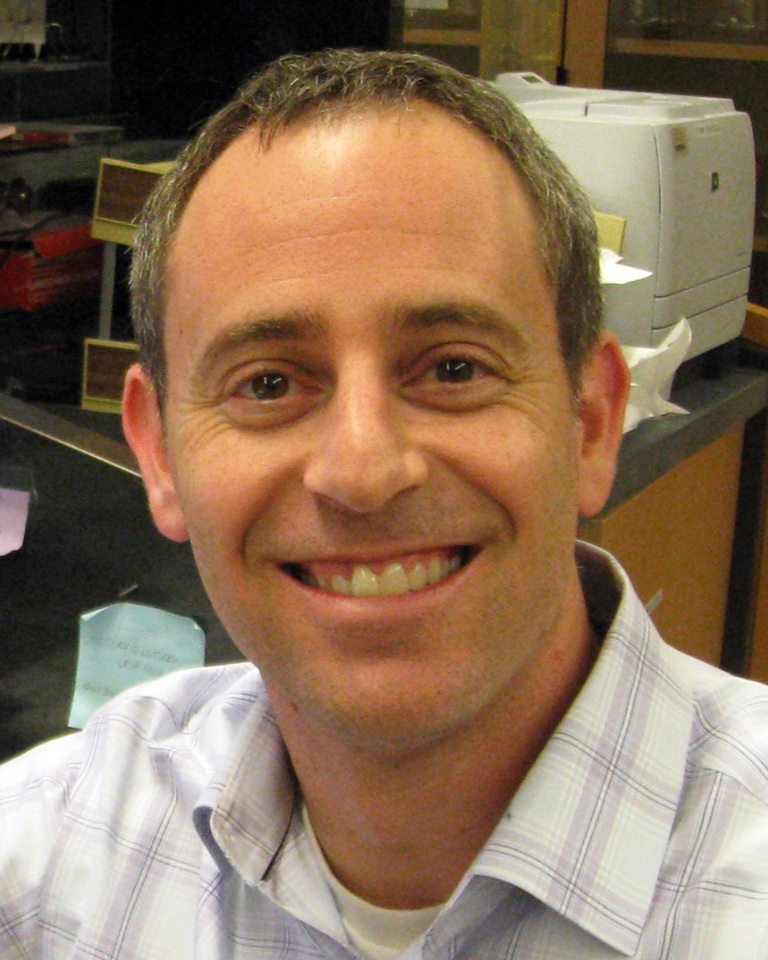
Michael Rosenblum, M.D., Ph.D.
University of California San Francisco
Project Title: Functional Manipulation of Memory Regulatory T cells in Skin
Grant ID: DP2-AR068130
Michael Rosenblum is a formally trained basic immunologist and a practicing dermatologist. He received his M.D. and Ph.D. degrees form the Medical College of Wisconsin and did his residency in Dermatology at UCSF. After completion of his residency, Dr. Rosenblum did a post-doctoral fellowship in the laboratory of Abul Abbas at UCSF. Currently, he dedicates 85% of his time to basic research and the remaining time taking care of patients with specific inflammatory and autoimmune skin diseases. The central focus of his laboratory is to understand the fundamental mechanisms of how immune responses are regulated in peripheral tissues, and how this knowledge can be exploited for therapeutic benefit.
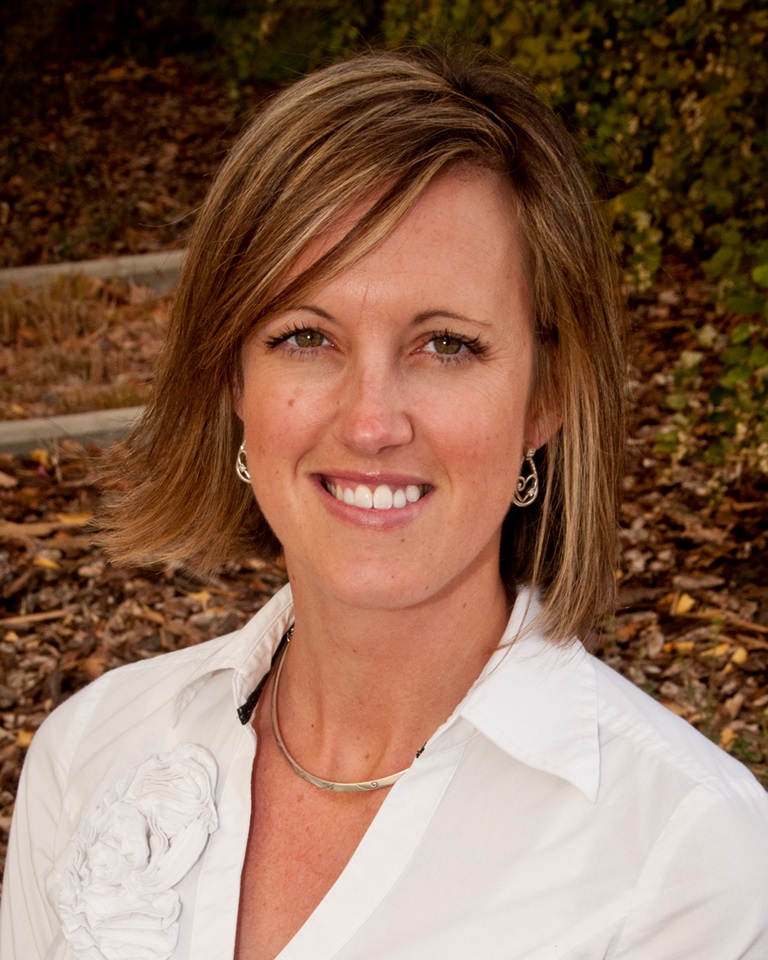
June Round, Ph.D.
University of Utah
Project Title: Developing Therapies to Target the Microbiota
Grant ID: DP2-AT008746
June Round received her Ph.D from University of California, Los Angeles in 2007, where she studied how early T cell signals lead to distinct cellular functions in the laboratory of M. Carrie Miceli. She moved to Caltech for her postdoctoral studies in the laboratory of Sarkis Mazmanian studying how commensal bacteria coordinated host immune responses to enforce its colonization within the intestine and utilizing commensal products to induce tolerogenic responses. She is currently an Assistant professor in the Department of Pathology at the University of Utah. Her lab is interested in understanding how various members of the microbiota and host immune system interact to influence diseases such as inflammatory bowel disease and multiple sclerosis. She was awarded the Edward Mallinckrodt Jr Foundational grant in 2012, NSF CAREER award in 2012, Pew Foundational grant in 2013, and Packard Fellowship in Science and Engineering in 2013.
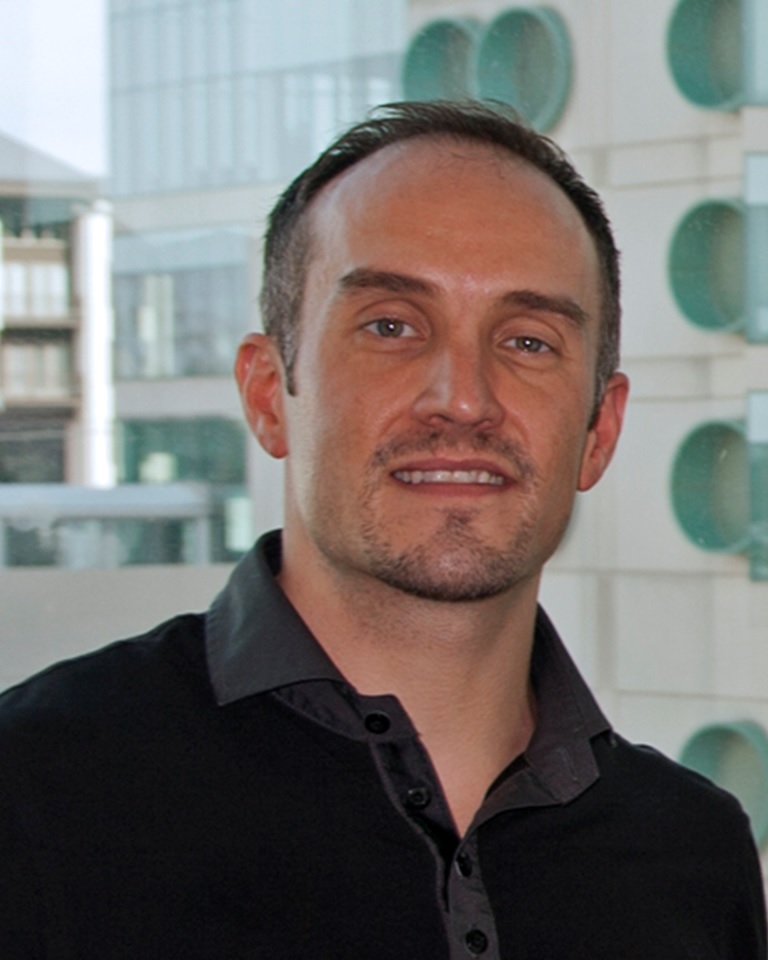
John W. Schoggins, Ph.D.
UT Southwestern Medical Center
Project Title: Discovery of Antiviral Mechanisms in Bats
Grant ID: DP2-AI117922
John Schoggins is an Assistant Professor in the Department of Microbiology at UT Southwestern Medical School in Dallas, TX. He was recruited to UT Southwestern under the Endowed Scholars Program and is named the Nancy Cain and Jeffrey A. Marcus Scholar in Medical Research, in Honor of Dr. Bill S. Vowell. John trained as a postdoctoral fellow with Charlie Rice at Rockefeller University and received his Ph.D. in the laboratory of Erik Falck-Pedersen at Weill Cornell Medical School in New York City. His primary research interests are innate immune responses to viral infection and virus-host interactions. In addition to the New Innovator Award, John is also the 2015 Rita Allen Foundation Milton E. Cassel Scholar.
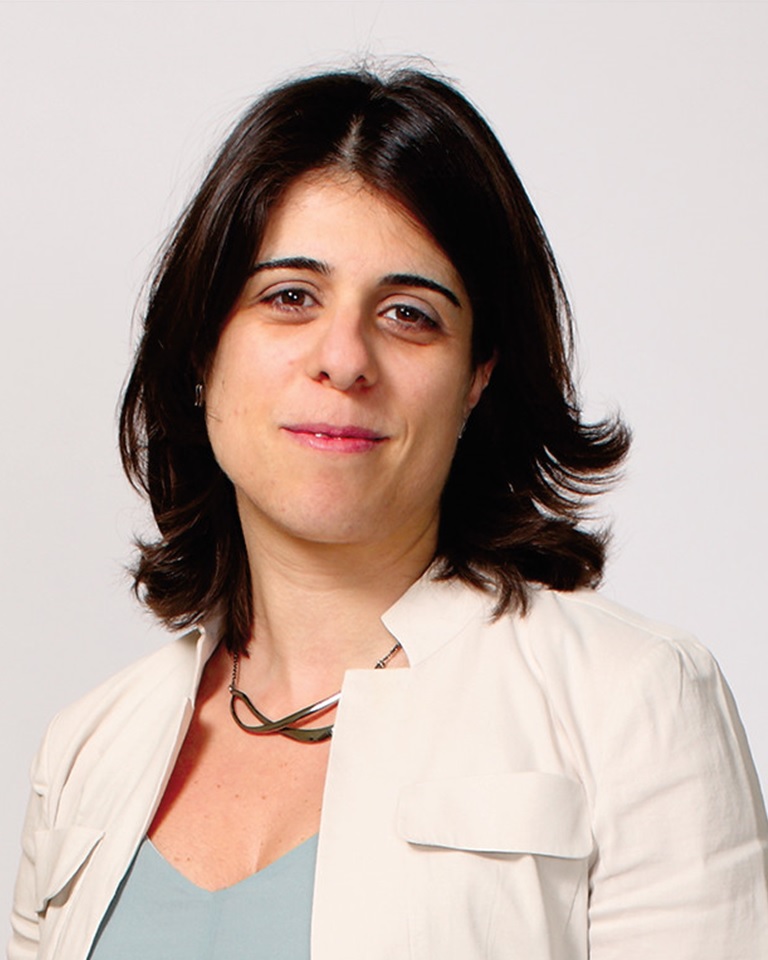
Agnel Sfeir, Ph.D.
New York University School of Medicine
Project Title: Telomere-Independent Strategies to Protect Chromosome Ends
Grant ID: DP2-CA195767
Dr. Agnel Sfeir received her B.S and M.Sc. in Biology from the American University of Beirut. She then moved to the U.S. to pursue her Ph.D. in Cell Biology in the laboratory of Jerry Shay and Woodring Wright at the University of Texas Southwestern Medical Center. After completing her post-doctoral training with Titia de Lange at the Rockefeller University, she joined the Skirball Institute at NYU School of Medicine as an assistant professor in January of 2012. Her research focuses on how mammalian cells ensure the stability of their genomes. In addition to the NIH Director’s New Innovator Award, she received the Pew-Stewart Scholarship for Cancer research, Damon Runyon-Rachleff Innovator Award, V-Foundation Scholar Award, Human FrontierScience Program Young Investigator Award, and an award from The David and Lucile Packard Foundation.
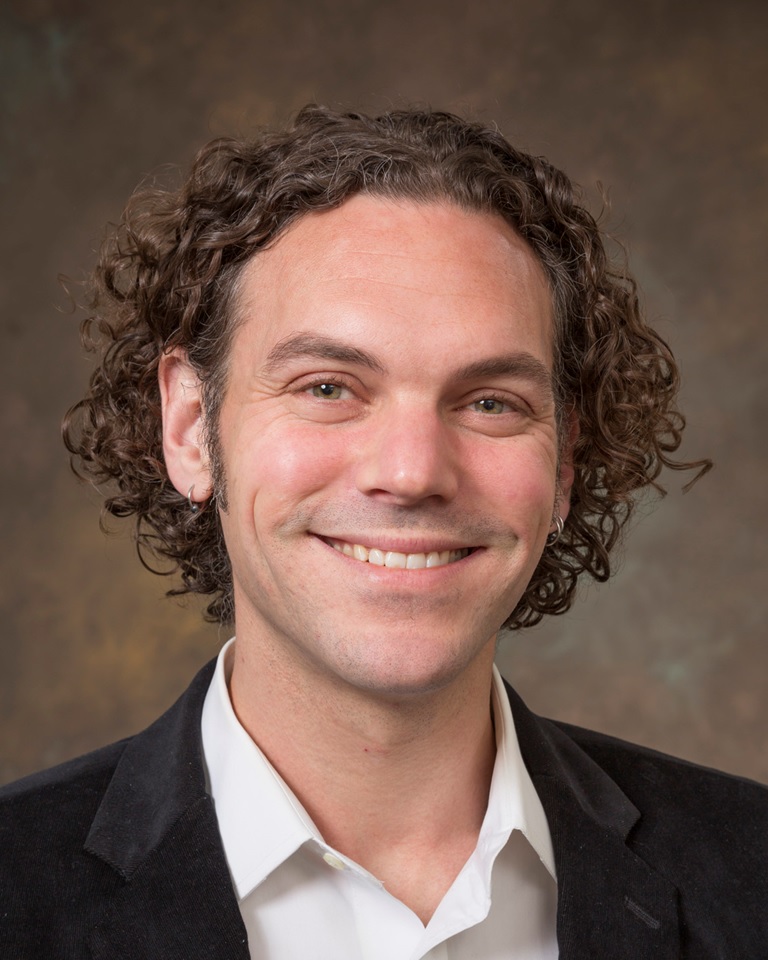
Matthew Simon, Ph.D.
Yale University
Project Title: Integrating RNAs into Signaling Pathways by Engineering Covalent RNA Modification
Grant ID: DP2-HD083992
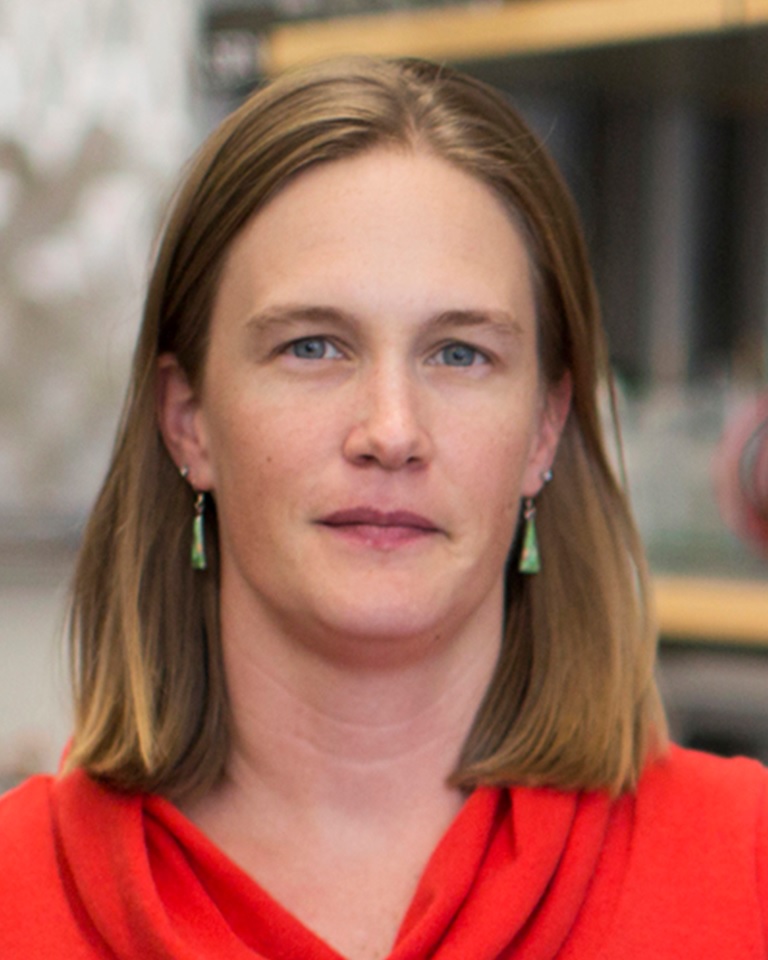
Sarah E. Stabenfeldt, Ph.D.
Arizona State University-Tempe Campus
Project Title: Detecting and Treating Traumatic Brain Injury Pathology Progression from the Inside
Grant ID: DP2-HD084067
Dr. Sarah Stabenfeldt received her B.S. in Biomedical Engineering from Saint Louis University and her Ph.D. in Bioengineering from Georgia Institute of Technology. She continued her training as a NIH post-doctoral fellow at Emory University School of Medicine and Georgia Tech focusing on protein-protein interactions. She joined Arizona State University’s School of Biological and Health Systems Engineering as an Assistant Professor in 2011, and leads her research team in developing regenerative medicine strategies for traumatic brain injury. Since joining ASU, Dr. Stabenfeldt has been awarded the Arizona Biomedical Research Consortium Early Stage Investigator Award, the NIH Director’s New Innovator Award, and NSF CAREER Award. The New Innovator award enables Dr. Stabenfeldt to pursue unique diagnostic and therapeutic approaches for traumatic brain injury.
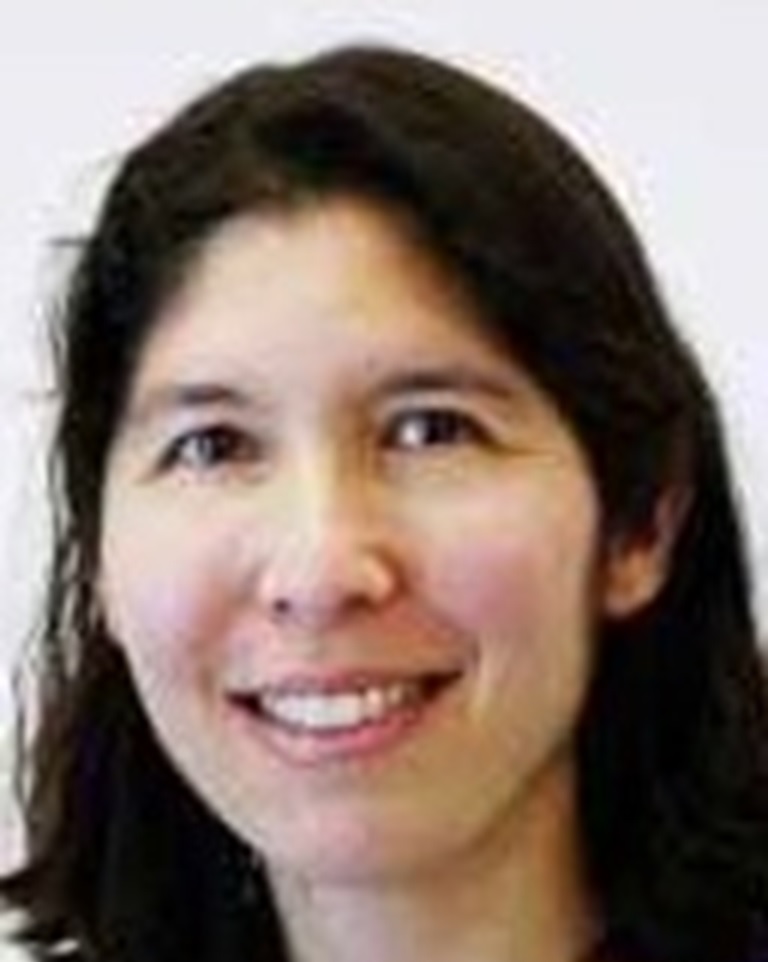
Michiko Taga, Ph.D.
University of California Berkeley
Project Title: Targeted Killing of Bacteria in Communities
Grant ID: DP2-AI117984
Dr. Michi Taga is an Assistant Professor in the Department of Plant & Microbial Biology at the University of California, Berkeley. Her research uses genetics, biochemistry, analytical chemistry, and bioinformatics to investigate how bacteria share nutrients within complex microbial communities. Dr. Taga developed the corrinoid (vitamin B12) model to study metabolic interactions among bacteria. The New Innovator award enables her to broaden her study of microbial interactions by examining the ecological roles of specific bacteria within their communities. Dr. Taga received a B.A. in Biology from Carleton College and a Ph.D. in Molecular Biology from Princeton University. She began her study of vitamin B12 as a postdoctoral scholar at M.I.T.
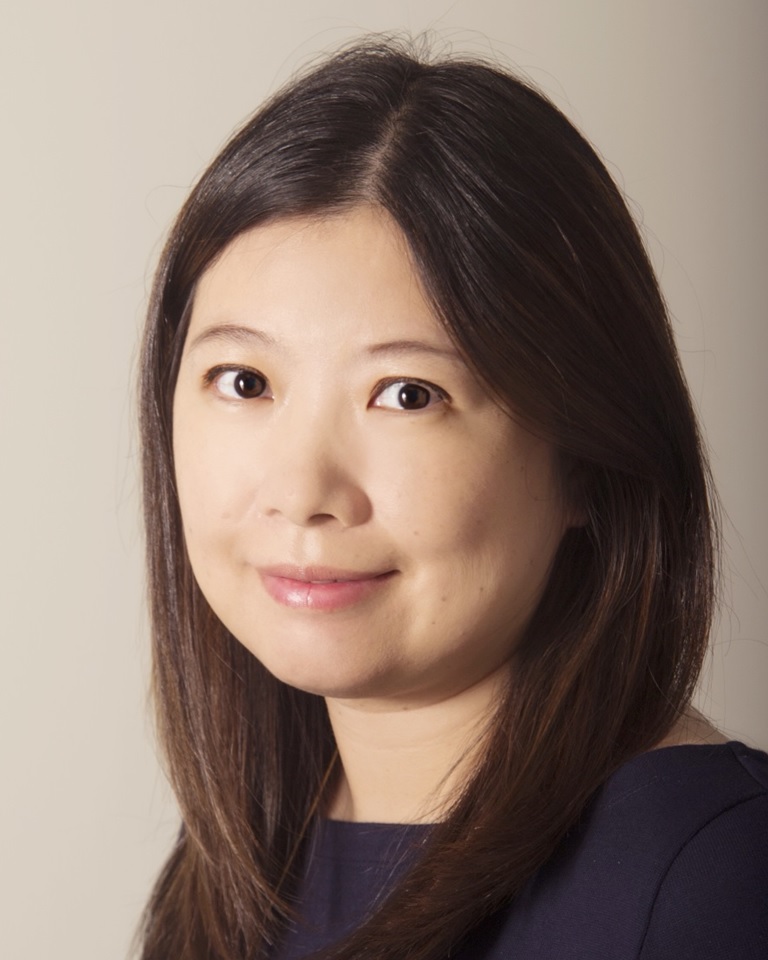
Lin Tian, Ph.D.
University of California at Davis
Project Title: Fluorescent Biosensors for Imaging Neurotransmitters: Observing Synapses in Action
Grant ID: DP2-MH107056
Dr. Lin Tian is an Assistant Professor in the department of Biochemistry and Molecular Medicine at the University of California, Davis. Her lab is dedicated to research that combines the development of optical sensors and applications in order to acquire fundamental insight about how the nervous system functions in health and disease. Her research will contribute to a steady advancement of the ability of the “age of light” to reveal functional connectivity in the neural circuitry. Dr. Tian has been awarded the Rita Allen Young Scholar, Hartwell Individual Biochemical Researcher, Human Frontier Program Young Investigator and NIH Brain Initiative. The new Innovator award enables Dr. Tian to engineer much needed imaging tools to enable neuroscientists to obtain a comprehensive view of both excitatory and inhibitory synapses in action at the cellular, tissue, and whole-animal level.
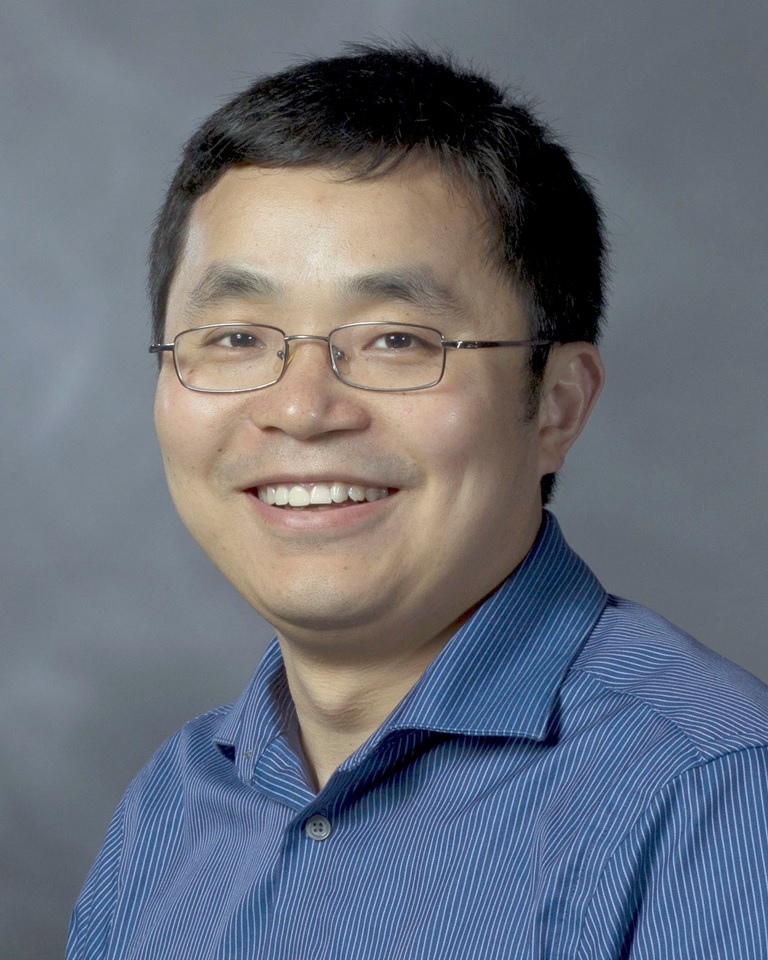
Leo Q. Wan, Ph.D.
Rensselaer Polytechnic Institute
Project Title: Cell Chirality Based In Vitro Models for Embryonic Development and Abnormalities
Grant ID: DP2-HD083961
Dr. Leo Q. Wan is an assistant professor in the Department of Biomedical Engineering at the Rensselaer Polytechnic Institute in Troy, NY. He received his Bachelor and Master degrees in Mechanical Engineering from the University of Science and Technology of China. After completing his Ph.D. in Biomedical Engineering at Columbia University in 2007 (with Professor Van C. Mow), he became a postdoctoral scientist in the Laboratory for Stem Cells and Tissue Engineering (with Professor Gordana Vunjak-Novakovic). His current research interests focus on understanding physical biology in tissue development and regeneration, and include Tissue Morphogenesis, Stem Cell Mechanobiology, and Functional Tissue Engineering. In addition to the NIH Director’s New Innovator Award, Leo is also a Pew scholar (Class 2013), and recipient of National Science Foundation Early Career Award, American Heart Association Scientist Development Grant, and the March of Dimes Basil O’Connor Starter Scholar Research Award.
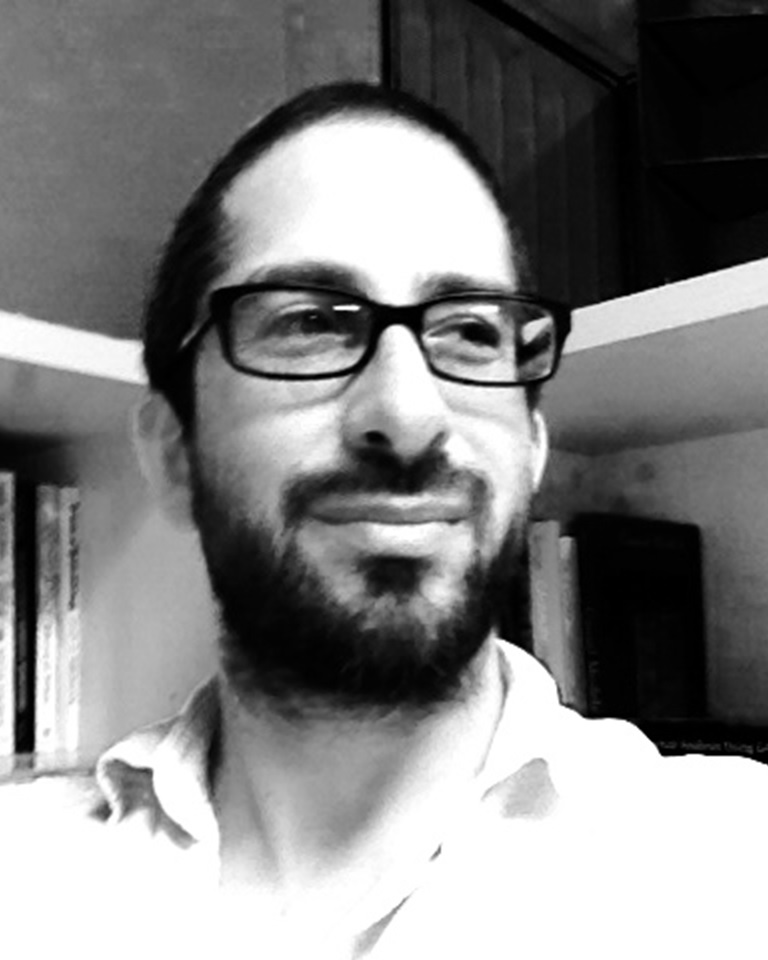
Daniel J. Westreich, Ph.D.
University of North Carolina Chapel Hill
Project Title: From Patients to Policy: Innovative Epidemiology for Implementation Science
Grant ID: DP2-HD084070
Dr. Daniel Westreich received his B.S. in computer science from Yale University (1998), and his M.S.P.H. and Ph.D. in Epidemiology from UNC-Chapel Hill (2005; 2008). After postdoctoral training at UNC-Chapel Hill, he served as an assistant professor of Obstetrics & Gynecology and Global Health at Duke University; he then became an assistant professor of Epidemiology at UNC-Chapel Hill. At UNC, Dr. Westreich’s current work focuses methodologically on epidemiologic methods for causal inference and implementation science, and substantively at the intersection of HIV and reproductive health, as well as HIV and chronic diseases. Dr. Westreich serves as an associate editor of the American Journal of Epidemiology, and was the inaugural recipient of the Brian MacMahon Early Career Epidemiologist award from the Society for Epidemiologic Research.
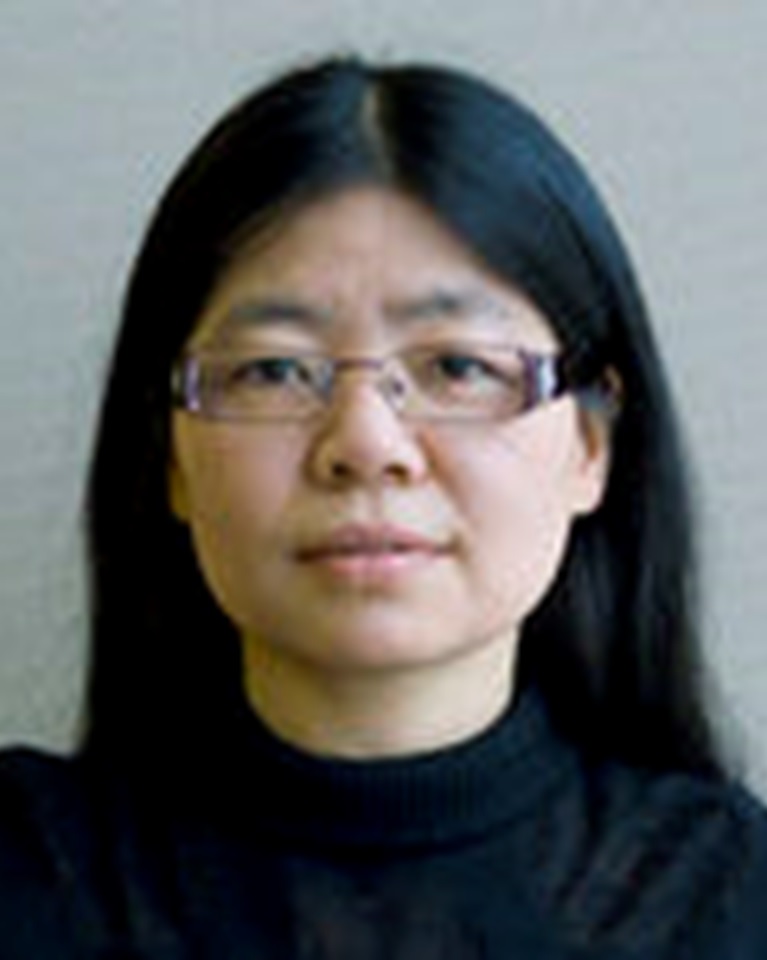
Rong Xu, Ph.D.
Case Western Reserve University
Project Title: Rapid Reverse Translational Drug Repositioning
Grant ID: DP2-HD084068
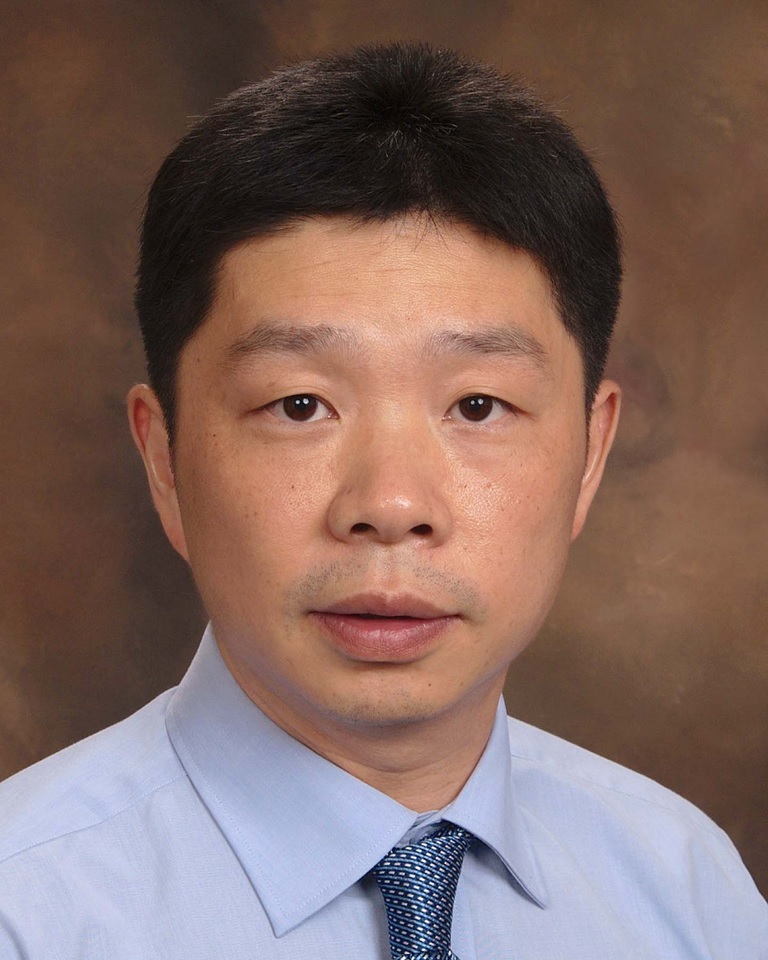
Lei Yang, Ph.D.
University of Pittsburgh at Pittsburgh
Project Title: Toward Regeneration of Whole Bioartificial Human Heart
Grant ID: DP2-HL127727
Lei Yang received a B.S in Biology from Wuhan University in China in 1997, and earned his Ph.D. degree from Shanghai Institute of Biochemistry and Cell Biology, Chinese Academy of Sciences, in 2003. After finishing his PhD, he did a postdoctoral fellowship in Developmental Biology at UCSD with Dr. Sylvia Evans and then joined the laboratory of Dr. Gordon Keller as a postdoctoral fellow in Stem Cell Biology at the Mount Sinai School of Medicine in NYC. He started his tenure track Assistant Professor position in the department of Developmental Biology at University of Pittsburg and established the Stem Cell Core Facility in 2010. He is also currently an adjunct Assistant Professor in the department of Bioengineering at University of Pittsburgh School of Engineering. His lab utilizes a combination of human embryonic stem (ES) cells, human induced pluripotent stem (iPS) cells, tissue engineering and mouse genetic models to understand early stage human heart development, study molecular mechanisms of human inherited heart diseases, and regenerate whole personalized bio-artificial heart for heart disease therapy.
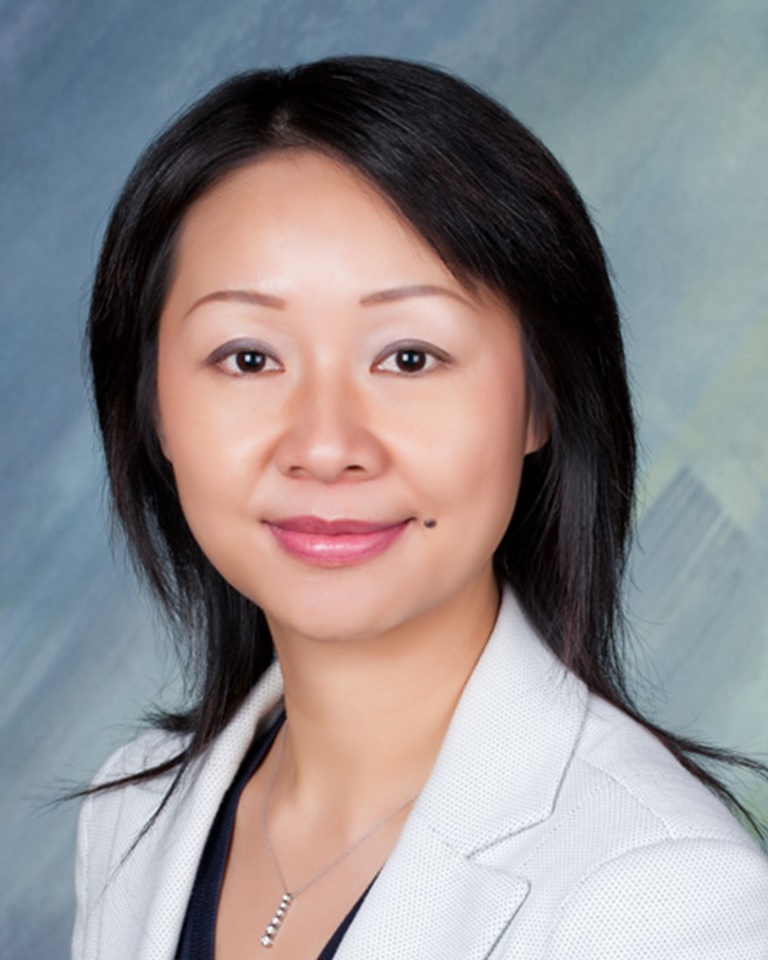
Lili Yang, Ph.D.
University of California Los Angeles
Project Title: Stem Cell-Engineered Invariant Natural Killer T Cells for Cancer Therapy
Grant ID: DP2-CA196335
Lili received her B.S. degree in Biology from the University of Science & Technology of China (USTC) in 1997, her M.S. degree in Biomedical Sciences from the University of California, Riverside (UCR) in 1999, and her Ph.D. degree in Biology from the California Institute of Technology (Caltech) in 2004. She obtained her Ph.D. training at the Laboratory of David Baltimore. Post graduation, she stayed at Caltech and led a multi-institutional Engineering Immunity Program from 2004 to 2012, developing gene- and cell-based immunotherapies for cancer and HIV/AIDS. Her work resulted in 23 publications, 8 patents and 2 clinical trials. She joined the University of California, Los Angeles (UCLA) as an Assistant Professor in January of 2013. Her laboratory at UCLA studies tumor immunology and cancer immunotherapy, with a special focus on stem cell-engineered immunotherapy for cancer. Besides the NIH Director’s New Innovator Award, she also received multiple other awards including the TR35 Award, the Forbeck Scholar Award, the CHARVI/HVTN Early Career Investigator Award, the CIRM Basic Biology V Exploratory Concepts Award, the STOP CANCER Research Career Development Award, and the Prostate Cancer Foundation GTSN Challenge Award.
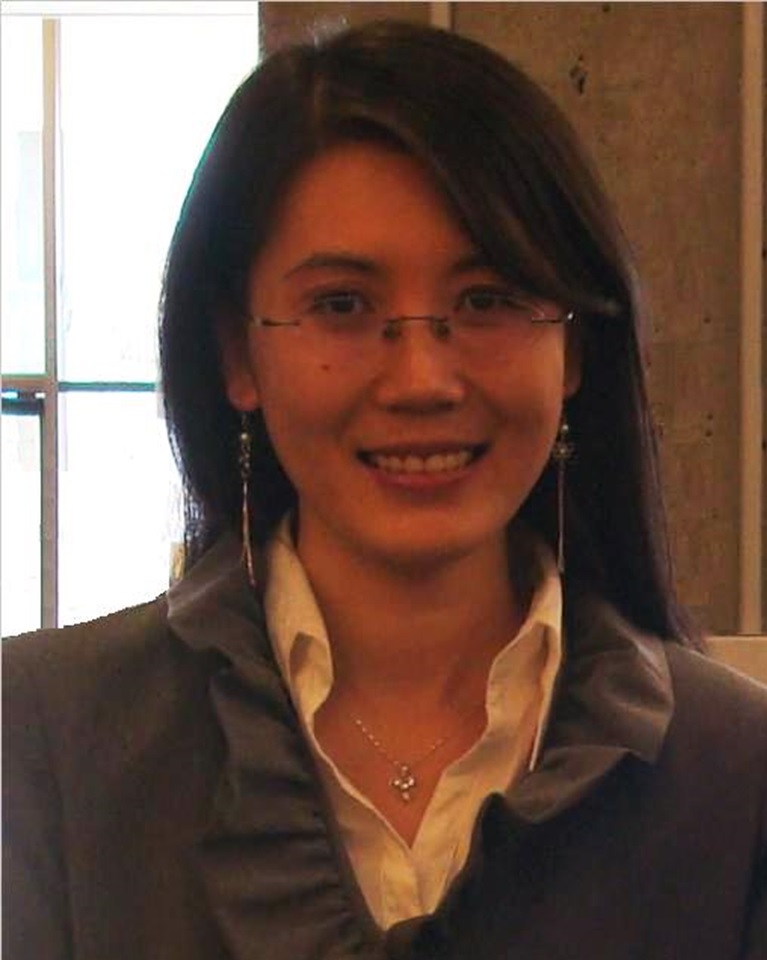
Lijie Grace Zhang, Ph.D.
George Washington University
Project Title: A Novel 3D Bioprinted Smart Vascularized Nano Tissue
Grant ID: DP2-EB020549
Dr. Lijie Grace Zhang is an associate professor in the Department of Mechanical and Aerospace Engineering, Department of Biomedical Engineering and Department of Medicine at the George Washington University. Her main research is to integrate 3D bioprinting and nanotechnology for complex tissue and organ regeneration. She obtained her Ph.D. in Biomedical Engineering at Brown University with distinction in 2009. After finishing her postdoctoral trainings at Rice University and Harvard Medical School, she joined GW. She has received the Young Innovator in Cellular and Molecular Bioengineering, GW SEAS Outstanding Young Researcher Award, John Haddad Young Investigator Award by American Society for Bone and Mineral Research, Early Career Award from the International Journal of Nanomedicine, and Ralph E. Powe Junior Faculty Enhancement Award by the Oak Ridge Associated Universities Organization, etc.
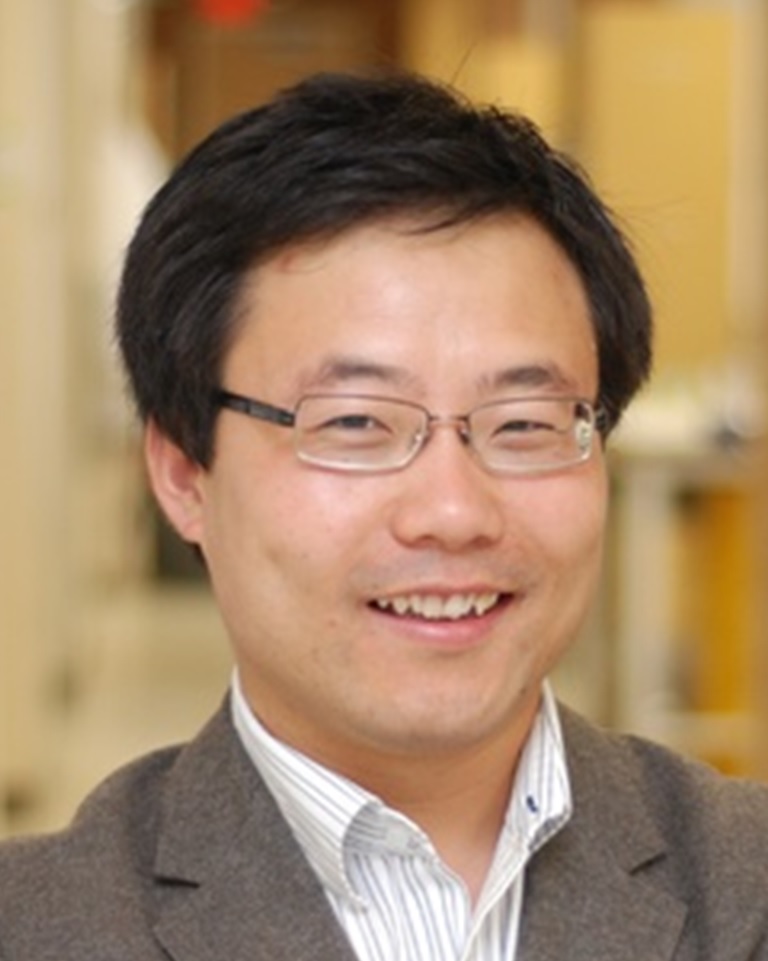
Weian Zhao, Ph.D.
University of California Irvine
Project Title: Mechano-Sensing Stem Cells to Study, Detect and Treat Cancer Metastases
Grant ID: DP2-CA195763
Weian Zhao is an Assistant Professor at the Department of Pharmaceutical Sciences, University of California, Irvine. Dr. Zhao completed his B.Sc. and M.Sc. degrees in Chemistry at Shandong University where he studied polymer, surface and colloidal chemistry. In 2008, he received his Ph.D. degree in Chemistry at McMaster University, where he focused on the use of functional nucleic acid to structure gold nanoparticles to construct well-defined nanostructures and biosensors. Dr. Zhao then completed a Human Frontier Science Program (HFSP) Postdoctoral Fellow at Harvard Medical School, Brigham and Women’s Hospital and MIT. Dr. Zhao received the MIT’s Technology Review TR35 Award: the world’s top 35 innovators under the age of 35 in 2012. Dr. Zhao’s current research focuses on the development of novel molecular, nano- and micro-engineered tools for stem cell therapy and regenerative medicine, diagnosis and in vivo imaging, and elucidating stem cell and cancer biology.
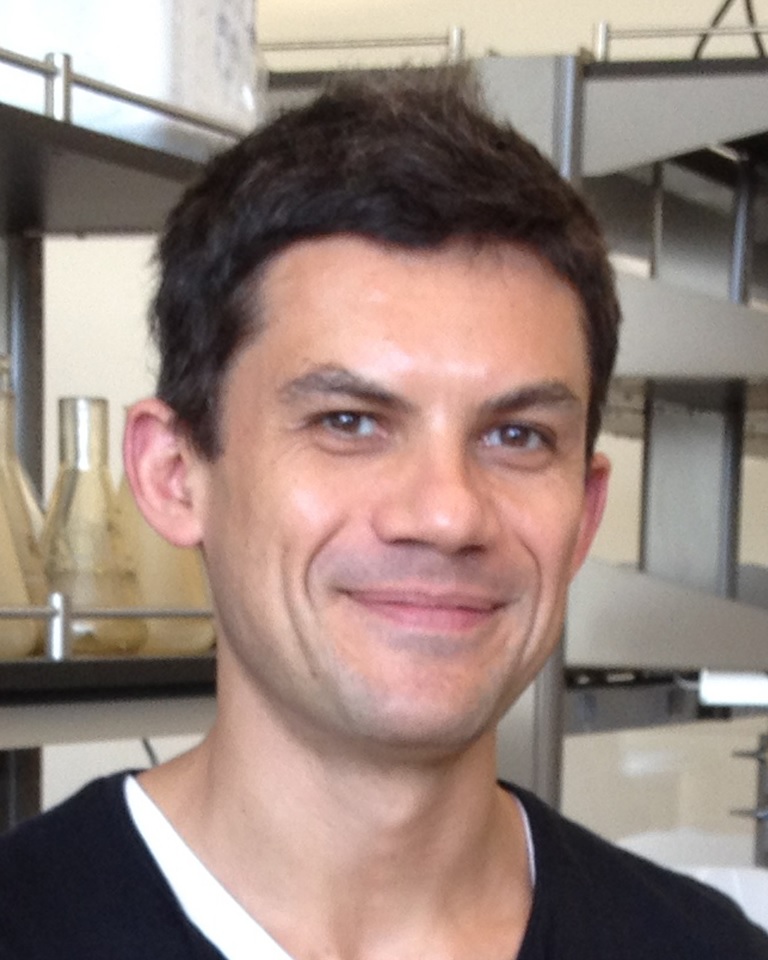
Roberto Zoncu, Ph.D.
University of California Berkeley
Project Title: Engineering Organelle Function to Rewire Cancer Cell Metabolism
Grant ID: DP2-CA195761
Roberto Zoncu is an Assistant Professor in the Molecular and Cell Biology Department at the University of California, Berkeley. His research focuses on how organelles known as lysosomes participate in nutrient sensing and metabolic signal transduction, and how disruption of organelle homeostasis contributes to cancer growth. Roberto received his B.S. from the University of Pisa, Italy. He then moved to the U.S. to pursue Ph.D. studies in the laboratory of Pietro De Camilli at Yale University, and completed postdoctoral training under the supervision of David Sabatini at the Whitehead Institute for Biomedical Research. In addition to the Innovator Award, Roberto is the recipient of a Pew-Stewart Scholarship for Cancer Research and an Edward J Mallinckrodt Research Grant.
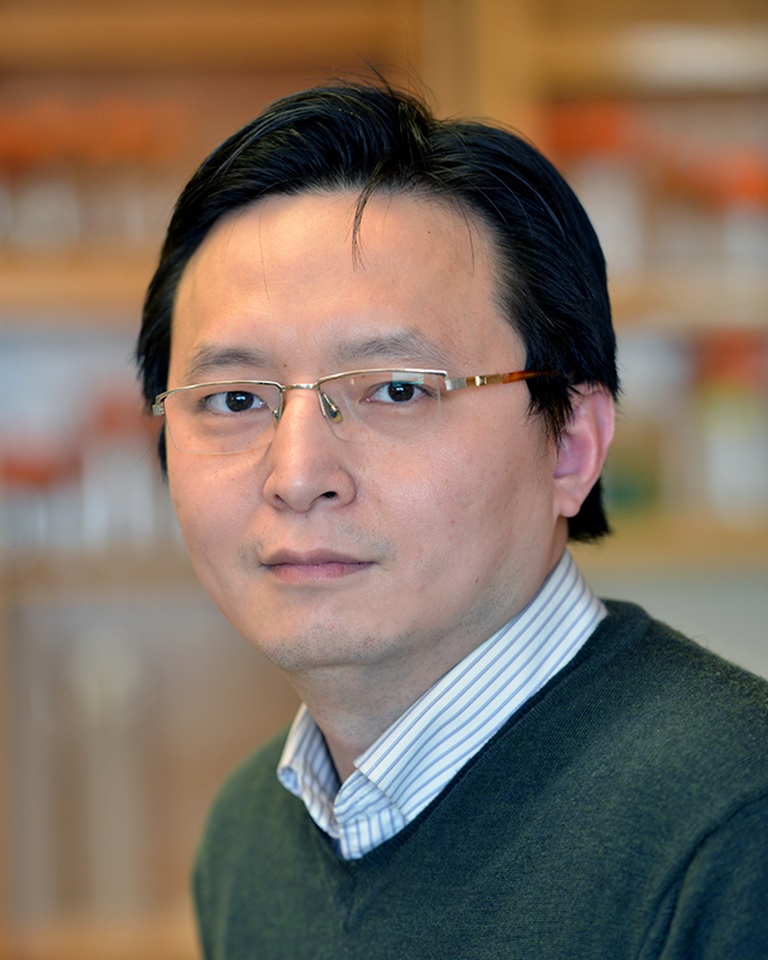
Chenghang Zong, Ph.D.
Baylor College of Medicine
Project Title: Detecting the Onset of Genome Heterogeneity in Tumor at Single Cell Resolution
Grant ID: DP2-EB020399


